Grammar News

Edition 142 December 2022
What you might have missed
The 141st edition of Grammar News, published in October 2022, was only in digital format.
To view this edition visit news.mgs.vic.edu.au
HIGHLIGHTS INCLUDE:
A reflection by the Headmaster, Mr Philip Grutzner
A community of ideas
• Hon Weng Chong (OM 2006) is on a path to revolutionise digital intelligence
• Read about five books that shape our understanding of reality
Shaping our view of the world
• Meet Aunty Fay Muir, First Nations Cultural Educator at Grimwade House
• Hugo Leschen (OM 1978) is leading the redevelopment of Bendigo’s Golden Dragon Museum
School news
• Farewell to three Senior School staff members who retire after more than 30 years with us.
• We thank the Myer, Shelmerdine, Baillieu and Southey families for their support of our music program.
• Congratulations to Year 6 student Louis Hooper who was selected as Captain of the School Sport Victoria U12 State Australian Football team for 2022.
Grammar News
Do we have your email address?
The next edition of Grammar News, to be published in April 2023, will be in a digital only format. We will need your email address to be able to send it to you.
To update your contact details, contact: School Reception +61 3 9865 7555 mgs@mgs.vic.edu.au or visit mgs.vic.edu.au/update-details
On the cover
Year 3 student, Charlotte, takes aim on her Year 3 camp held in November 2022. Students enjoyed a range of outdoor activities over the two-day adventure.
Outdoor education is an important aspect of our curriculum. We begin our outdoor education program with incursions during Prep and Year 1. As they move into Year 2, students have the chance to participate in their first on-campus sleepover, taking their first steps towards independence, building confidence and deepening classroom friendships. From Year 3 until the senior years, students enjoy an outdoor experience at least once per year.
We were wrong
In the October 2022 edition of Grammar News, we reported that Year 11 student Ollie Wills was the only Melbourne Grammar student to have ever been a member of two undefeated premiership First teams (cricket and hockey) in the same year.
We were wrong. Lachie Gooley (OM 2008) had previously attained this feat, playing in the undefeated premiership cricket and water polo teams in his final year at the School.
Grammar News aims to connect our School community with our initiatives and activities, present news about our Old Melburnians, and explore the ideas that are shaping our School and leading us towards new ways of thinking.
Free to School community members, Grammar News is published four times a year in April, June/July, September/ October and December. The April and September/October editions are published in digital only formats. For further information and to provide feedback: newsletter@mgs.vic.edu.au
Every care has been taken to ensure the accuracy of the information contained within this publication. We apologise should any errors remain.
Aboriginal and Torres Strait Islander readers are advised that this magazine contains images and names of deceased persons.
Melbourne Grammar School respects the privacy of its community members and is bound by the National Privacy Principles under the Commonwealth Privacy Act. For a copy of the School’s Privacy Policy, please visit the School’s website or contact the School.
Service and duty
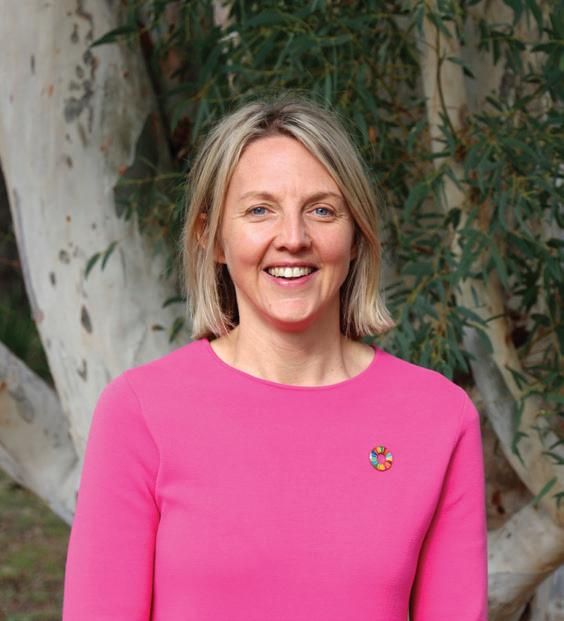
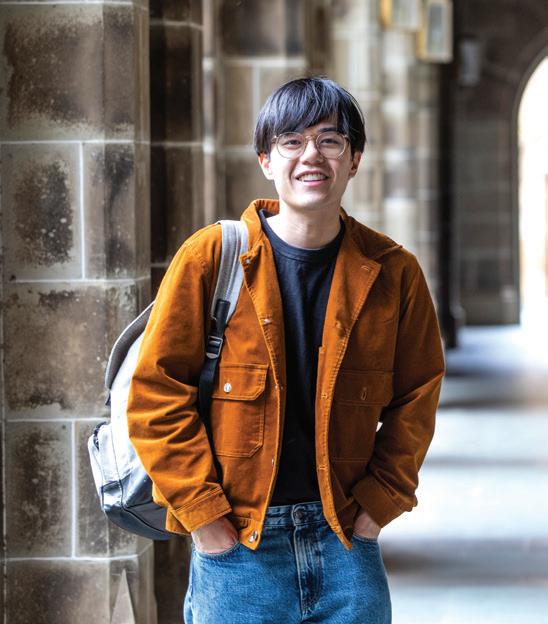
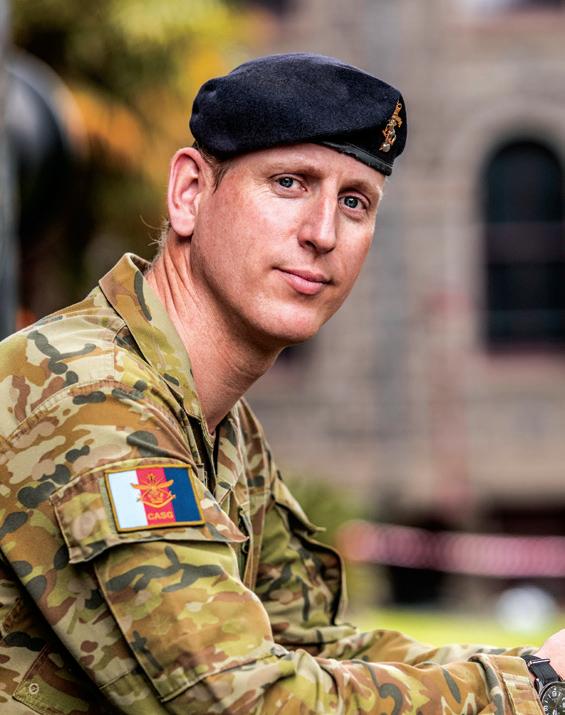
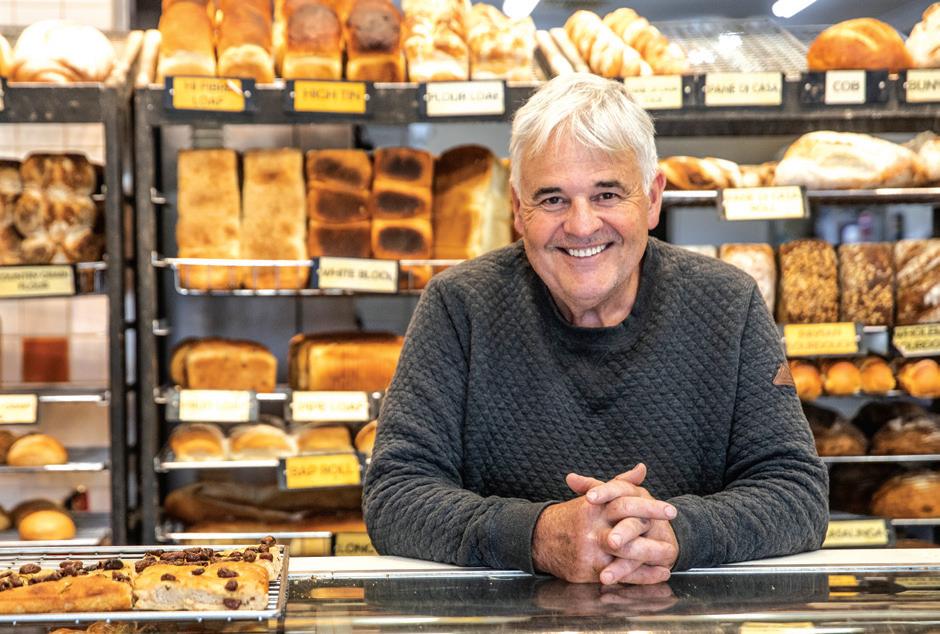
Grammar News No. 142 - December 2022 3
December
04 From the School Council 05 From the Headmaster 30 The Old Melburnians 34 Obituaries 56 Featured artwork ARTICLES 12 Two journeys from philosophy to profession 14 The role of the 21st century library 16 Experiencing Melbourne, then and now 18 The importance of purposeful play 21 How buildings create school culture 22 Moments of support mean the most 23 Taking the initiative to spark change 24 An
exhibition at Grimwade House 26 Two Grimwade teachers make the leap
28 Relationships and communication are key to a sustainable school 34 Seeking FOG archival material 36 Valedictory celebrations in 2022 Contents 37 Philanthropic impact 40 From the President of the Melbourne Grammar School Foundation 42 The enduring impact of a single scholarship 44 Witherby Tower Society members 47 A legacy of contribution 49 Melbourne Grammar School donors 52 Foundation Circle members 55 Looking ahead 06
Edition 142,
2022
‘Australian Animals’
to Wadhurst
Meet three Old
who are dedicating
the service
others. 06 How
08 A
duty 10 From
Melburnians
their expertise towards
of
equity supports Australia’s health security
baker with a sense of
young cadet to inspired leader
Andrew Michelmore AO
Reflecting on the activities of our School over this past year, we cannot fail to recognise the contributions of those who put in considerable commitment behind the scenes. The people who quietly volunteer their time, expertise, and energy – our huge family of supporters – are crucial to making sure we can achieve what we set out to do and I am incredibly grateful for their fine contributions.
The wisdom and breadth of experience across members of the School Council is exceptional. Importantly, along with attending formal meetings, they are often just a phone call away when we need their advice on issues arising, and many draw on their own professional networks to provide additional guidance.
The invisible support that shapes our School
Some Council members also lead or serve on a Council Committee. Our Buildings and Grounds Committee is just one example, bringing together decades of experience from the commercial realm that ensures any building activities carried out at the School are efficient, successful, and make the most of our limited space.
Just as important is the support of those who bring our community together. This includes parent groups such as Friends of Grammar, as well as groups like the Melburnia Club which aims to unite parents, Old Melburnians and others around the common interest of rowing. Groups such as these are an invaluable point of connection. They help build a sense of ownership in our School and pride in its achievements.
Old Melburnians also play a key role across many areas, from those who mentor our students or other Old Melburnians, to those who simply lend a helping hand to others in need.
Then, of course, there is the contribution of many parents who provide often unseen support such as assisting reading programs in classrooms, helping boarders with transport to Saturday sport, and countless other examples of day-to-day service. These are the people who see an issue and don’t walk past it. Their sense of belonging matters, perhaps more today than ever before.
I would like to formally acknowledge all of the members of our School community who have been so generous with their time and energy during 2022. Thank you for your involvement and support. It has been very much appreciated.
As 2022 draws to a close, I would also like to take the opportunity to recognise Mary Clark, who retires from School Council after 12 years of dedicated service. A past parent and indefatigable presence on our Council, Mary also served as Chair of the Marketing and Communications Committee (now Community Relations Committee).
During her time in leadership roles, Mary passed on her passion and enthusiasm to a number of other women who are now making their own contributions to Council.
Mary was Deputy Chair of School Council for the past two years, and we welcome Geoff Cohen as he steps into that role.
Finally, I would like to welcome Lorenzo Bresciani (OM 1985), who joins as a new member of the Council, and will serve as Chair of the Community Relations Committee. Lorenzo is a well respected, highly experienced brand strategist who has already offered his insights and expertise to the Community Relations Committee for the past six years. We look forward to his continued contribution.
Andrew Michelmore AO Chair of Council

Melbourne Grammar School 4 FROM THE SCHOOL COUNCIL
Is it better to give or to receive?
According to a study carried out by Professor Michael Norton at the Harvard Business School in 2008, individuals spending money on others experienced a greater sense of happiness than individuals spending money on themselves. It is an echo from the familiar phrase found in the Beatitudes (Acts 20:35) that affirms, ‘it is better to give than to receive’.
As privileged individuals in a school community like Melbourne Grammar School, with its wealth of opportunities, and in a country with Australia’s optimistic outlook, it is appropriate to consider a response to the claim that ‘it is better to give than to receive’.
We know that with opportunity comes the responsibility to use such privilege to the best of our ability. We aim to inspire our students to give philanthropically, thoughtfully and strategically in the future. We want our students to see beyond themselves, and be able to embrace the importance of serving, caring and giving to those in need. The question is how this is done, rather than should this be done.
Melbourne Grammar School’s clarity of direction has not been achieved by accident. It has been the result of great generosity and hard work, a legacy built by former and current staff, students, parents, volunteers and Council and Foundation members. These individuals have often given generously of their time, talent and money.
In response to their privileged start in life, many Old Melburnians have come to appreciate the enhanced personal worth found when one gives as they have gone about finding a pathway to a good life fulfilled with meaning, purpose, kindness and achievement. The following story reminds us of the importance of creating a legacy:
The fruit we eat comes from trees planted by someone else. We must plant trees for those who will follow us.
As the orchard grows, so does the community, expanding in presence to the available fruit.
For any community to grow and excel, it must contain those willing to establish trees to support those who will follow. In each community, the people who plant the trees are the leaders.
It is the responsibility of the leader to nurture the young plants until they can stand on their own.
(Source Unknown)
All members of our School community have an opportunity to show leadership in this area by supporting Melbourne Grammar School through our giving programs which include an annual giving appeal, campaigns from time to time for specific projects to enhance our educational facilities for students and staff, and the Witherby Tower Society bequest program.
With support from our School community, we plan to create a new hub for subjects in the humanities on the South Yarra campus, and a new building for Junior Primary students at Grimwade House.
As another example, giving supports social and economic diversity across our student cohort through means-tested scholarships and bursaries and our Indigenous scholarship program. These scholarships extend the opportunity of a Melbourne Grammar education to new generations of students, unleashing their potential and enriching the education of all students.
Every gift of every size will enhance the opportunities available to current and future generations of students and deliver on the School’s mission to develop and nurture young people to be intelligent, independent and creative thinkers with a sense of purpose, spirituality and respect, who will a make a positive impact on the world beyond Melbourne Grammar School.
Our tradition of providing a holistic education has relied on generations of generous donors who value a Melbourne Grammar education. Through generosity and service we have been here for generations and will remain strong and vibrant for generations to come.
I trust that you too will be inspired by the stories in this edition of Grammar News that celebrate our culture and spirit of service.
Philip Grutzner Headmaster

Grammar News No. 142 - December 2022 5 FROM THE HEADMASTER
Philip Grutzner
How equity supports Australia’s health security
As Australia’s Ambassador for Regional Health Security Dr Stephanie Williams (OM 1996) is focused on building effective relationships between our country and those within the Indo-Pacific region to improve the health outcomes of all populations.
“I work to strengthen our collective health systems and, in particular, continue to improve the capacity to detect and respond to infectious disease outbreaks and pandemics across the region,” explains Stephanie.
“I originally trained as a medical doctor, but I could quickly see the value of health equity, fairness and access so also gained qualifications in epidemiology,” she says. “There’s a great deal we can achieve by taking a population-level view.”
WHY THE INDO-PACIFIC MATTERS TO AUSTRALIA’S HEALTH
Working with health experts across the Indo-Pacific, Stephanie says it is clear that Australia’s health security is closely connected to that of neighbouring countries.
We’ve heard many times during the pandemic that no one’s safe until we’re all safe. Simply put, infectious disease outbreaks are cross border problems.
Stephanie Williams
“Australia has an exceptional system of infectious disease research, surveillance, and control, but that system relies on the capacity of those working offshore to also manage disease. We’ve seen that with COVID-19, of course, and also with outbreaks of foot and mouth disease in livestock, along with measles in children. Every day, risk here is related to what’s happening elsewhere.”
“Health security is an interconnected system,” Stephanie emphasises. “It’s everyone from those working at the clinic level to the highest decisionmakers that make sure countries are able to identify and deal with infectious disease outbreaks.”
A “TYPICAL” WEEK IN HEALTH SECURITY
While Stephanie’s role is extremely varied, she says each week will usually involve engagements with health officials from other countries, discussions with domestic experts, and activities relating to her concurrent role as Principal Health Advisor to the Department of Foreign Affairs and Trade.
“Next week I’m going to the Philippines, meeting with animal health and health officials to discuss lessons learned from the pandemic*,” Stephanie says. “I also connect regularly with domestic health research institutes, and I produce a podcast, where my goal is to amplify the voices of health leaders from the region who might not get other opportunities to speak, relaying the value of learning from them.”
One of her other current priorities is to support countries to deliver better health systems relating to primary care and service coverage. “There was a huge diversion of local vaccination providers away from day-to-day vaccination programs in many countries in our region during the COVID-19 pandemic,” says Stephanie. “We now need to support the restoration of essential vaccination programs and ensure children who may have missed out on their regular childhood vaccines are caught up.”
Alongside all this, Stephanie’s work includes a policy element, setting health priorities and plans that align with the Australian Government’s Development and Aid goals.
DEVELOPING AN UNDERSTANDING THAT EQUITY WAS ESSENTIAL
Looking back to her time as a student at Melbourne Grammar, Stephanie points to the strength of school leadership as a major factor in her positive experience there, and in the values she took with her into her career.
“There were very strong women in the Grimwade House community who created a nurturing, positive environment,” she says. “I remember my time with so much warmth and fondness because of the people who were there.”
“Grimwade fostered in me a sense that gender equity was not a gift or a blessing or a privilege but just part of how things should be,” says Stephanie. “I left with no question in my mind that gender equity was essential in life.”
Melbourne Grammar School 6
OLD MELBURNIAN
*Correct at time of
November 2022
interview,
Grimwade fostered in me a sense that gender equity was not a gift or a blessing or a privilege but just part of how things should be.

Grammar News No. 142 - December 2022 7
A baker with a sense of duty
Looking back over a lifetime defined by giving to his community, David Winter (OM 1972) sums up how he feels in one simple statement: “I’m lucky. Very, very lucky.”
David, whose contributions include everything from helping build a school in a small African community to organising the delivery of almost 10,000 meals to those in need over the course of 2020, sees his actions as part of a life that hasn’t followed a predetermined route.
“I could’ve ended up in the city with a suit and a briefcase, but early on I knew I wasn’t going to follow in my father’s footsteps,” he says. “As I’ve said to one of the Old Melburnians I mentor, mine has been the path less trodden.”
AN EARLY SENSE OF ETHICS
Having started at Melbourne Grammar in late primary school, David says the lessons that had the greatest impact on him were those about how to treat other people.
“If I saw someone who was in need, I stepped in. I was brought up Anglican, but those ethics are common to any person, of any belief system,” he says.
“When I was Captain of Miller House, I also came to understand the potential we had as a school to help those less fortunate than ourselves, and that’s something that still drives me today,” adds David, who was named City of Whitehorse Citizen of the Year in 2021 after he established a meals on wheels program for the elderly, people with disabilities, and international students. Delivering meals throughout Melbourne’s COVID-19 lockdowns in 2020, the program catered for over 300 people and involved over 130 local volunteers, many of whom had never participated in service before.
FOLLOWING A PASSION TO CONTRIBUTE
David’s career as a baker, which began 45 years ago, has included many successes, including the creation of the Brumby’s franchise, the sale of that business, and the establishment of his current bakery, Mont Albert’s Bread Street, which has a passionate following throughout Victoria via word-of-mouth alone.
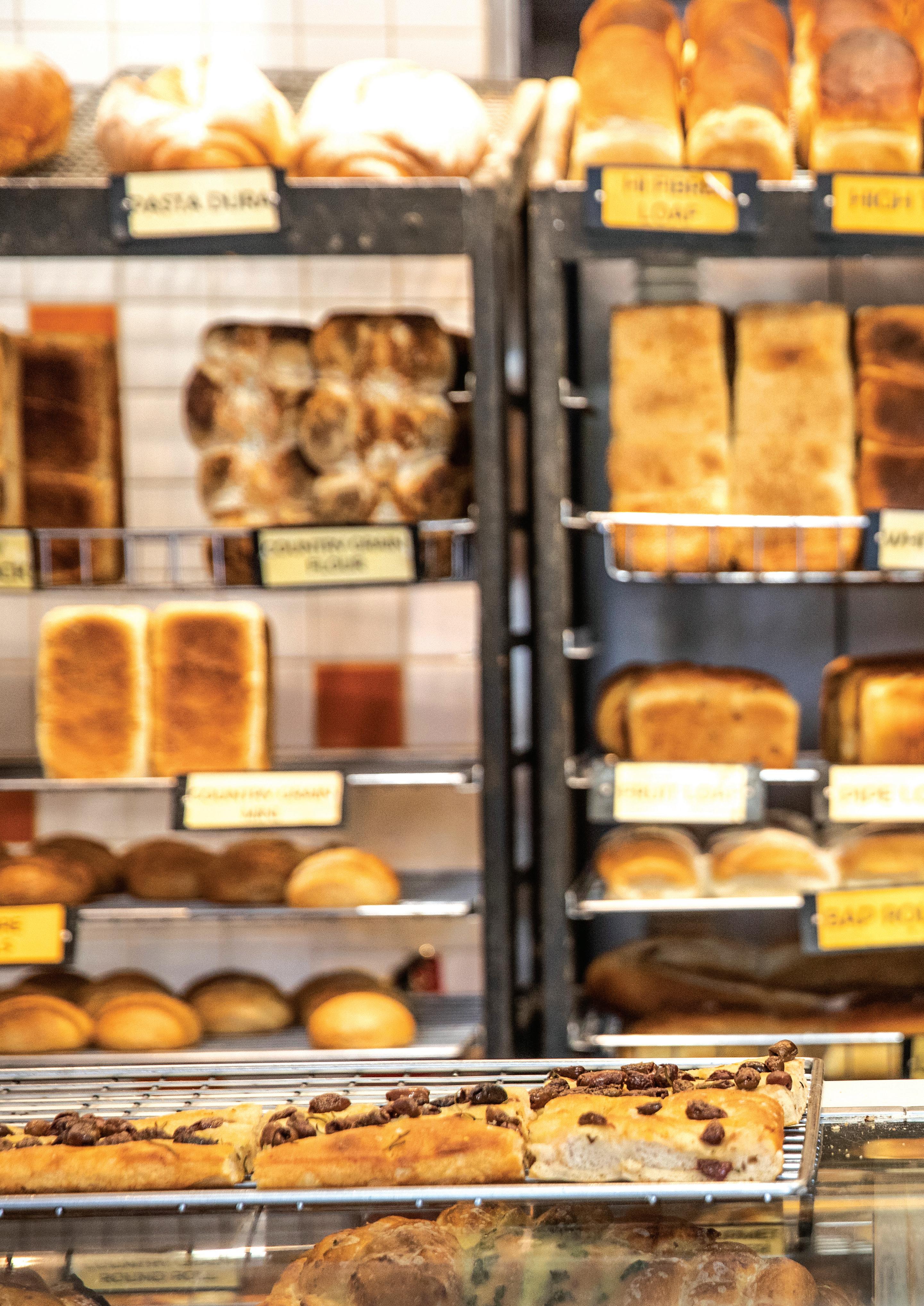
Alongside the many early mornings and hours of hard work that have gone into his career, David’s desire to contribute led to the long-term financial support of a school in Arusha, Tanzania, and to he and his wife making the decision to become foster parents.
“I couldn’t have children myself, but I don’t ever look back and think ‘what if,’” he says. “A lot of my life hasn’t been planned, but all the way along I’ve been involved with young people, and that’s been extremely meaningful and rewarding to me.”
David also supports other individuals and community groups. Every day, long term employees with disabilities (including those with Down’s syndrome, autism, and limited vision) are a vital part of David’s production team. “I see ability, not disability in these people,” he says. “And other staff benefit from the experience as well.”
In addition, David supports local community groups like schools and clubs, including Rotary, by providing free product to them.
David’s connection to Melbourne Grammar continues to this day through the informal “No Reason at All” club lunch – a group of Old Melburnians from his 1971 peer group* who meet up a number of times each year simply to maintain their connections to each other. As for retirement, David admits he is looking forward to having more free time over the next few years.
“The early mornings are fine, but I still want to travel, and I’m looking forward to doing more sailing and resuming competition bridge,” he says.
*David was injured during his final year of schooling and his final exams were delayed by a year. This means that David graduated in 1972 but his schooling had been undertaken with the Class of 1971.
Melbourne Grammar School 8 OLD MELBURNIAN
I saw early on how important it was to stand up for your beliefs, and I was supported in that by my teachers.
David Winter

9 Grammar News No. 142 - December 2022
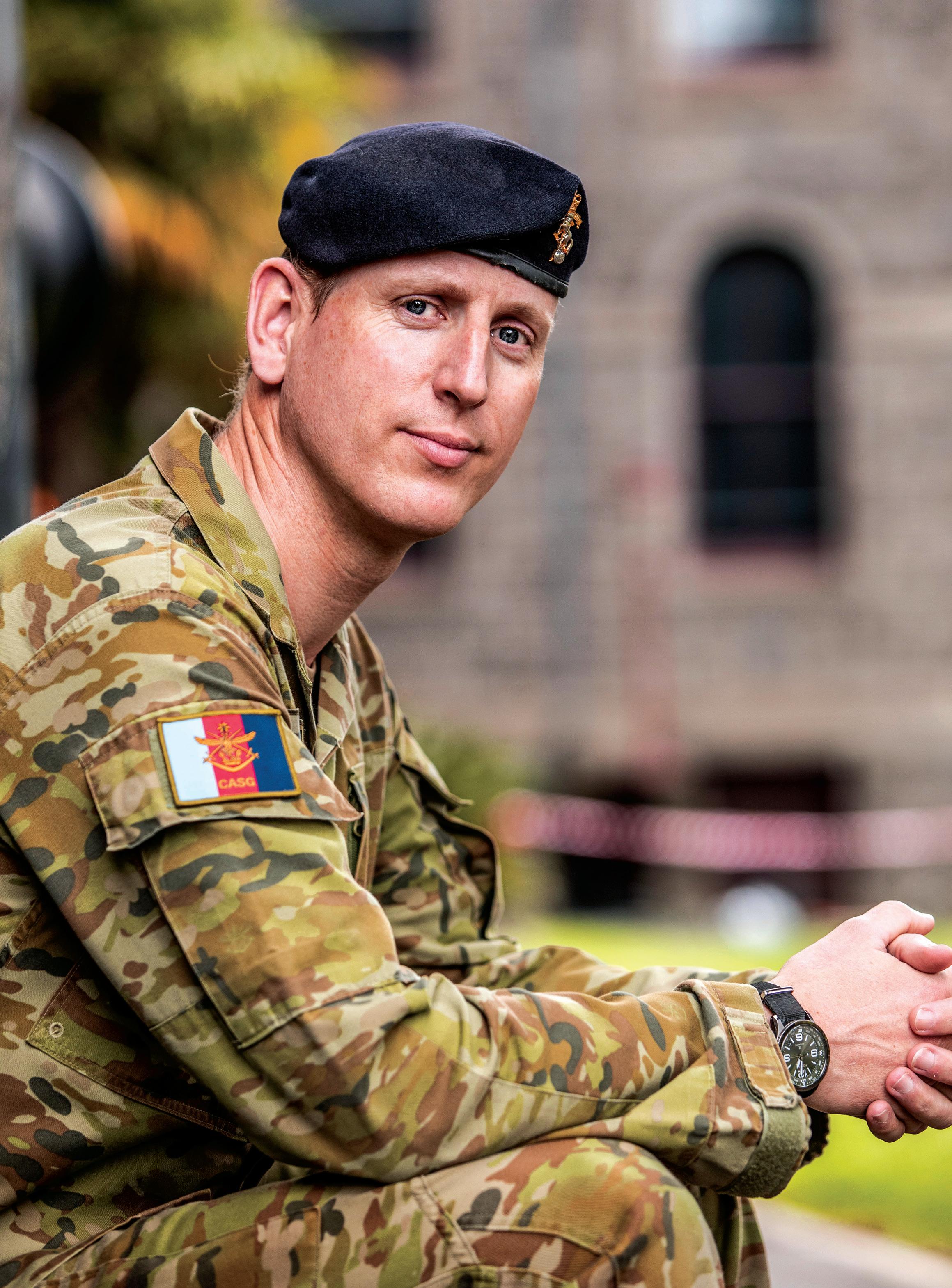
Melbourne Grammar School 10
From young cadet to inspired leader
When LTCOL David Barton (OM 1997) left Melbourne Grammar
with a scholarship to study at the Australian Defence Force Academy, he was already on the path he remains committed to today. Having now spent 23 years in the Australian Army, he describes this path as “more than just a job”.
“I’ll probably stay in the Army for life,” David says. “Even as a 43-year-old man, there’s a childlike enjoyment about the kind of work we get to do, and the breadth of opportunities we have is so much greater than what people realise. I’m constantly learning, and the stakes are as high as they possibly can be.”
A CAREER WITHIN A CAREER
David’s primary role is to serve as a mechanical engineer, focusing on ensuring the future capability of the Army.
“Capability means more than just specifying and acquiring things like tanks and rifles,” David explains. “It also includes creating training programs, refining organisational structures, and working towards building the systems we need to defend our nation in the long term.”
“Since WWI, every piece of equipment the Australian Army uses has changed – with the exception of the slouch hat,” David adds. “We need to keep pushing forward to make sure we have the technological advantage. People’s lives depend on us making the right decisions.”
While his current role involves leadership and decision-making on a large scale, David says he remains “a soldier at heart”.
“I had a boss once who flipped my view of leadership on its head,” he explains. “He told me it was my responsibility to enable the people working below me, which cascades down through the ranks. Today, I feel my main duty is to those people, and to make sure they have what they need to do their jobs.”
LEADERSHIP, DUTY AND HONOUR
Having served across Australia as well as overseas in Iraq, East Timor, Afghanistan and the Solomon Islands, David says his first lessons on how to work alongside others came from experiences as a Melbourne Grammar School cadet.
“I was a shy boy at school, but being part of the cadets was where I developed my leadership skills and confidence,” he says. “Even doing things like cleaning dirty equipment taught me that you don’t ask someone to do something you wouldn’t do yourself.”
“You see people’s character when you’re cold, wet, hungry and under pressure on a camp,” David adds. “I realised that my values and behaviour suited those challenges, and that the people who thrived there were compatible with me.”
David says he would encourage any young person unsure of their next step to consider going into a service-related role as a first step toward a meaningful career.
“This sort of work shows you have a willingness to give back to your community while gaining your own skills,” he says.
I see my work as part of the success of everyone who’s serving, whether it’s in conflict or in our work providing humanitarian aid and disaster relief in situations like floods, bushfires or other natural disasters. There’s a lot of pride in what we do. It’s immensely inspiring.
David Barton
Grammar News No. 142 - December 2022 11
OLD MELBURNIAN
Two journeys from philosophy to profession
The professional paths of two Melbourne Grammar philosophy students — Jack Solomon (OM 2017) and Fergus Peace (OM 2011) — show just how different a career grounded in philosophy can be.
Both Jack and Fergus were Academic Heads of School (Dux) in their respective years who also earned Premier’s VCE awards for excellence in their studies.
They both went on to study Philosophy, Politics and Economics at the University of Oxford where they were both awarded the prestigious Henry Wilde Prize, which recognises Oxford’s top philosophy student in their final undergraduate year.
Since then, their paths have diverged, but as Jack and Fergus explain, their training in the philosophy classroom continues to underpin their chosen vocations.
Jack Solomon: Solving real-world problems with logic
“There’s more overlap between philosophy and app development than people think,” says Jack Solomon, who built his first app while at Wadhurst and, after completing a Master’s degree in Computer Science at Imperial College London, is now working at a tech start-up in Paris. “The formal logic that we employ in philosophical argumentation directly underpins computer circuitry. In both cases, you start off with what appears to be chaos, and you build towards something that is predictable and can be controlled.”

However, for Jack, the differences between philosophy and computer science were also important in shaping his choice of studies. “Philosophy is concerned with asking the ‘why’ questions about how the world should be. In computer science you don’t ask those questions so much,” he explains. “It’s more about taking a problem and a view of how things are, and then building a solution.”
LEARNING HOW TO ASK THE RIGHT QUESTIONS
Jack says his ability to think critically and analytically was instilled early at Melbourne Grammar, in both the philosophy classroom and on debating teams — an experience that led to his being ranked fifth best high school debater in the World Schools Debating Championships, and later eighth best speaker in the European University Debating Championships.
Melbourne Grammar School 12
OLD MELBURNIAN
Philosophy is concerned with asking the ‘why’ questions about how the world should be. In computer science you don’t ask those questions so much.
Jack Solomon
“Melbourne Grammar does a good job of letting you do the thinking,” Jack says. “The teachers value novel and creative suggestions, so you come away with the ability to question everything and think for yourself. That sets you up well for confronting problems from different angles.”
DEVELOPING A BROADER VIEW
Looking towards the next step, Jack says that he hopes to use his philosophical training combined with his computer science knowledge to create something that changes people’s lives for the better.
“I want to be able to develop a piece of technology that people use and rely on every day,” he says. “Studying and working overseas has pushed that idea forward for me, because I’ve become especially aware of scale of the world.”
For now, Jack is enjoying his role in the early-stage start-up. “It’s very interesting seeing how a company is run – something I’d like to do one day,” he says. “And whatever I do, I think tech-based problem solving will be the focus.”
Fergus Peace: Analytical thinking, ethical outcomes
After studying a Master of Philosophy specialising in refugee policy, Fergus Peace says his journey has been about discovering the practical applications of philosophical thinking.

“By the end of my Masters I realised I was more interested in doing the work itself than just thinking about the theory underpinning it,” says Fergus, who is currently working as a Policy Officer at the Victorian Aboriginal Legal Service. “I felt I learned really important skills and approaches through philosophy, and I wanted to see how my intellectual efforts could make a difference to other people.”
A FOCUS ON ETHICS AND JUSTICE
Having worked in a number of roles with a humanitarian focus, including at the United Nations and at a think tank that aimed to create a more open migration policy for the UK, Fergus says his work has always been underpinned by the approaches he learned in the philosophy classroom.
“We’re always trying to break a problem apart and think carefully about the concepts we’re working with,” he says. “After studying ethical and political philosophy, I came to my roles in policy with that ethical lens in place. I’m always asking myself: Is this just? What would need to change about this to make it fairer?”
THE SPACE TO EXPLORE IDEAS
Like Jack, Fergus built many of his argumentation skills on debating teams, and feels his Melbourne Grammar teachers were also instrumental in developing his ability to think critically about the world.
“The teachers enabled us to have discussions about the big issues, and there was time for that, rather than having to focus on what was next on the lesson plan,” he says. “They did a fantastic job of helping us not just understand philosophy as a subject, but develop a passion for it.”
As for his next step, Fergus says he will continue to pursue roles that have a focus on the ethical dimensions of philosophical thinking.
“As I get older, I’m more interested in influencing actual policy,” he says.
Grammar News No. 142 - December 2022 13
I want to keep working in places where there’s a desire to create public policy informed by justice, not just efficiency.
Fergus Peace
The role of the 21st century library
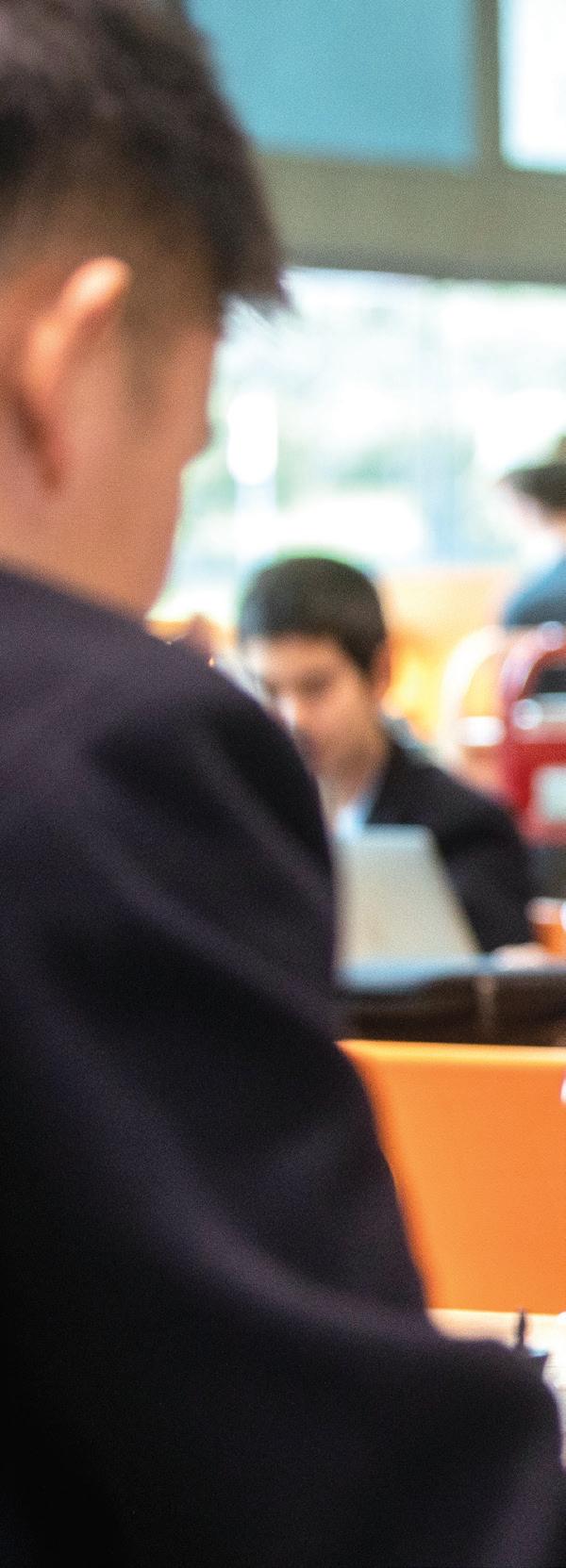
School libraries are fascinating places. Having worked at Melbourne Grammar’s Parncutt Library for a decade, and as a teacher-librarian for 30 years, I believe that the role of the contemporary library is to support the whole learning community, but how we do this has changed over time.
A school library should function as a place that fosters curiosity and builds capacity for learning, and this means providing more than the collection itself. I operate with the understanding that the library is a school’s ‘third space’, complementing the classroom and the playground, where students can reflect on ideas and connect with one another, and sometimes just find a place to ‘be’.
One of our roles is to offer opportunities for students to collaborate around shared interests. In the Parncutt Library – which serves our Wadhurst and Senior School students – we currently have 80 students in our Senior School book club, 15 students in our Wadhurst book club and we offer other programs such as the chess club, and workshops to help students prepare for the national history challenge. In addition, there is a changing display of student artwork on our walls, and library displays that publicise themes such as Pride Week and Reconciliation Week which help spark discussions amongst our students.
We’re always open to new ways we can bring like-minded individuals together, and different approaches that will animate our libraries. All this makes a library a rich environment where people are learning in different ways.
Like the library itself, the role of teacherlibrarian is to encourage students to engage with the curriculum more deeply. These days, teacher-librarians are freed up to do more collaborative work with classroom teachers. We have the time we need to develop tools that can support student learning around particular topics, and we frequently team teach with classroom teachers to help delve into diverse materials relating to those topics and so teach the skills of information and digital literacy.
Our online Lib Guides are another example of this approach, where we bring together quality resources to help students explore a topic or idea. Rather than asking students to spend time searching for materials, we want students to spend the majority of their time on analysis, and to prompt those who want to go further to extend their understanding through self-directed research.
Above all, a contemporary school library should be a space that fosters a love of learning in anyone who spends time there. Our library welcomes everyone, catering for academically minded students and also those seeking a recreational respite from the pressures of study. It’s important to cater for all, as libraries emphasise reading for pleasure from the early years right through to senior schooling. The goal is to encourage curiosity in our young people to explore our resources in all formats and dive into research and reading without hesitation.
While things may have changed in terms of the tools and resources libraries can now offer students and teachers, today, it’s still a matter of providing a warm, inviting space, along with a collection that supports both the curriculum and students’ research and recreational reading interests. The school library in the 21st century is a place for inspiration, curiosity, imagination and collaboration.
Di Ruffles Director of Library Services
Melbourne Grammar School 14 EXPLORATION
About Di Ruffles
Di Ruffles holds a Bachelor of Education in Librarianship from the University of Melbourne, a postgraduate diploma in computer education, and a Master of Business in Information Technology. She is currently undertaking a PhD in Education, looking at the transformative learning opportunities of teaching transversal competencies. Di has been President of the School Library Association of Victoria since 2014.
About the Parncutt Library name
The Parncutt Library is located in the Nigel Peck Centre for Learning and Leadership (CLL) which opened in 2008. It was named the Parncutt Library in 2012 in recognition of the many contributions to the School by Bruce Parncutt AO (OM 1968).
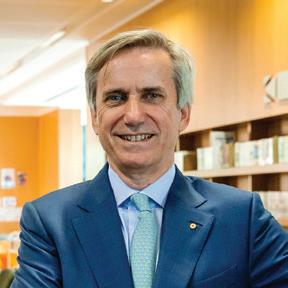
Bruce was a member of the School Council for 10 years (1999-2009), and a member of the Foundation Board for 18 years (1992-2010), including five years as President (1992-1998). He was instrumental in setting up the Parncutt Family Scholarship which enables very able students to attend Melbourne Grammar, regardless of their financial circumstances. Bruce is also a current member of the Witherby Tower Society.

Grammar News No. 142 - December 2022 15
Experiencing Melbourne, then and now
How has Melbourne changed over time? What factors have influenced these changes? Why is Melbourne considered to be one of the most liveable cities in the world? These were just some of the questions Year 7 students explored in a recent week-long immersion program: The Melbourne Experience.
Working in small groups, and in collaboration with girls from Melbourne Girls Grammar (MGGS), students were challenged to respond to the questions through a specific lens like cuisine, education, sport or architecture and present their findings in a short documentary film. The resultant films were screened at an ACMI cinema at the end of the program.
For Jed Athanasakos, Ziggy Murdoch and Neev Shah, who formed a group with two MGGS students, it was a “great” experience. “This is our city and, by learning about its history, it helps us understand it more,” explains Ziggy. “It is one of the most diverse cities in the world so there is a lot we can learn from it.”
THE IMPACT OF TECHNOLOGY
Jed, Ziggy and Neev’s group chose to focus on the influence technology has had on three aspects of our city – health, public transport and entertainment. “We filmed one segment of our documentary outside the Royal Melbourne Hospital,” says Neev. “We talked about the technologies that help save or improve peoples’ lives.”
“The changes in public transport have made it easier for people to get around the city. They are no longer using a horse and cart, and this has impacted on liveability,” adds Jed. “We filmed this segment in a train station.”
“We went to ACMI to film our segment on the change in entertainment,” explains Ziggy. “We interviewed some people there on film including a staff member who spoke about the technology they use to enhance visitor experience at their exhibitions and to make them more accessible.”
GETTING TO KNOW MELBOURNE
On the first day, after participating in some ‘getting to know you’ activities, each of the 58 small groups of students headed off on a scavenger hunt across Melbourne’s CBD.
“There was a specific learning activity at each point in the hunt,” says Chris Drummond, Head of Teaching and Learning at Wadhurst, and coordinator of the program. “These were designed to encourage students to stop and take stock of their surroundings with the hope they would develop an understanding of the place they were in through a specific lens and this, in turn, might influence

Melbourne Grammar School 16 LEARNING
the direction they wished to take their inquiry. There was also a problemsolving component at each point, to assist with team building.”
Students needed to work out their own route and travel method to get to each of the 12 points under investigation. “In addition to the academic intentions underpinning the program, we wanted students to also develop a range of life skills,” explains Chris. “Becoming confident and competent independent travellers was just one of those.”
Students also participated in a film making workshop focusing on the technical and story-telling components during the week.
NEW FRIENDS, OLD FRIENDS
“We were delighted to work with MGGS on this important learning program,” says Chris. “It provided an opportunity for students to build new friendships at the beginning of their secondary school journey. We hope these relationships

will be long lasting and meaningful. For some Wadhurst students, it was also a chance for them to reconnect with their female friends from Grimwade House.”
The School expects that this will build the base for ongoing formal and informal engagement between these Melbourne Grammar and MGGS students throughout the remainder of their schooling days, and beyond.
And what did the students think of the program? “I liked exploring parts of Melbourne I hadn’t been to for some time, if at all,” says Ziggy. “Lockdowns prevented us from getting about too much during the past few years.”
For Neev, it was the novel approach to learning that was the most exciting part of the program. “I’d definitely want to do something like this again,” he says. “It was different to sitting in a classroom, we learnt a lot and, best of all, it was fun.”
Grammar News No. 142 - December 2022 17
We can see a lot of Melbourne just by looking out our windows at Wadhurst. But we learnt a lot more by being there ‘in reality’.
Jed Athanasakos
The importance of purposeful play
Children love to play.
At Grimwade House, we take this enthusiasm and steer it towards academic and social learning while still maintaining the joy and excitement of investigations. We call it purposeful play.
While all play involves creativity and the development of social skills, purposeful play is different to the unstructured play that occurs in the playground. This intentional play is linked to the explicit content and skills being taught in our classrooms. Teachers purposefully provide opportunities for students to explore topics being covered in class in a more open ended – or playful – way.
We regard purposeful play as being a core element of our learning program, particularly at the Junior Primary levels (Prep to Year 2). Here, sparking the imagination of students and developing their creativity is just as important as building literacy, numeracy, and other cognitive skills.
Play provides a complex integration of various skills within a meaningful context.
BUILDING ON ENGAGEMENT AND INTEREST
As part of the learning and teaching program in Junior Primary levels, each week we provide the time, environment, and materials to facilitate discovery and experimentation through activities that are linked to both core learning outcomes and children’s interests.
The first step of learning is engagement, so teachers seek to build their purposeful play framework around their students’ curiosity and interests.
As just one example, when studying the topic ‘Money’, a Year 1 class expressed interest in creating their own imaginary shoe shop. After discussing questions about the nature of a shop, types of shoes and how they are made, students set about building their own new mini-world.
Some were given a blank piece of paper and a pen, which they quickly turned into a price list. Some built the shop itself, others created the shoes, and some developed shoe seller personas. Each child engaged with the idea in the way that best suited them, while still building their academic knowledge, social skills, and having fun.
DEVELOPING SOCIAL SKILLS AND PREPAREDNESS TO TRY
Whatever the scenario, students are engaged in activities during purposeful play that will build life-long social skills such as negotiation, problem-solving as a team, and self-regulating when something doesn’t go exactly the way they want it to. They also improve their ability to empathise with others and to make sensible choices and decisions.
Crucially, these investigations are a way to give students permission to experiment, free from any sense that they might “fail”. When they play, there is no right or wrong. The pressure is off, and hesitation is replaced by a sense of curiosity and discovery.

Melbourne Grammar School 18 EXPLORATION
During the Junior Primary years students develop their attitudes to learning and schooling, so it is essential that they find their journey with us to be enjoyable, rewarding and stimulating. Purposeful play provides a balance against more structured activities, and helps link learning with positive experiences. This, in turn, promotes the mindset upon which great learners are built.
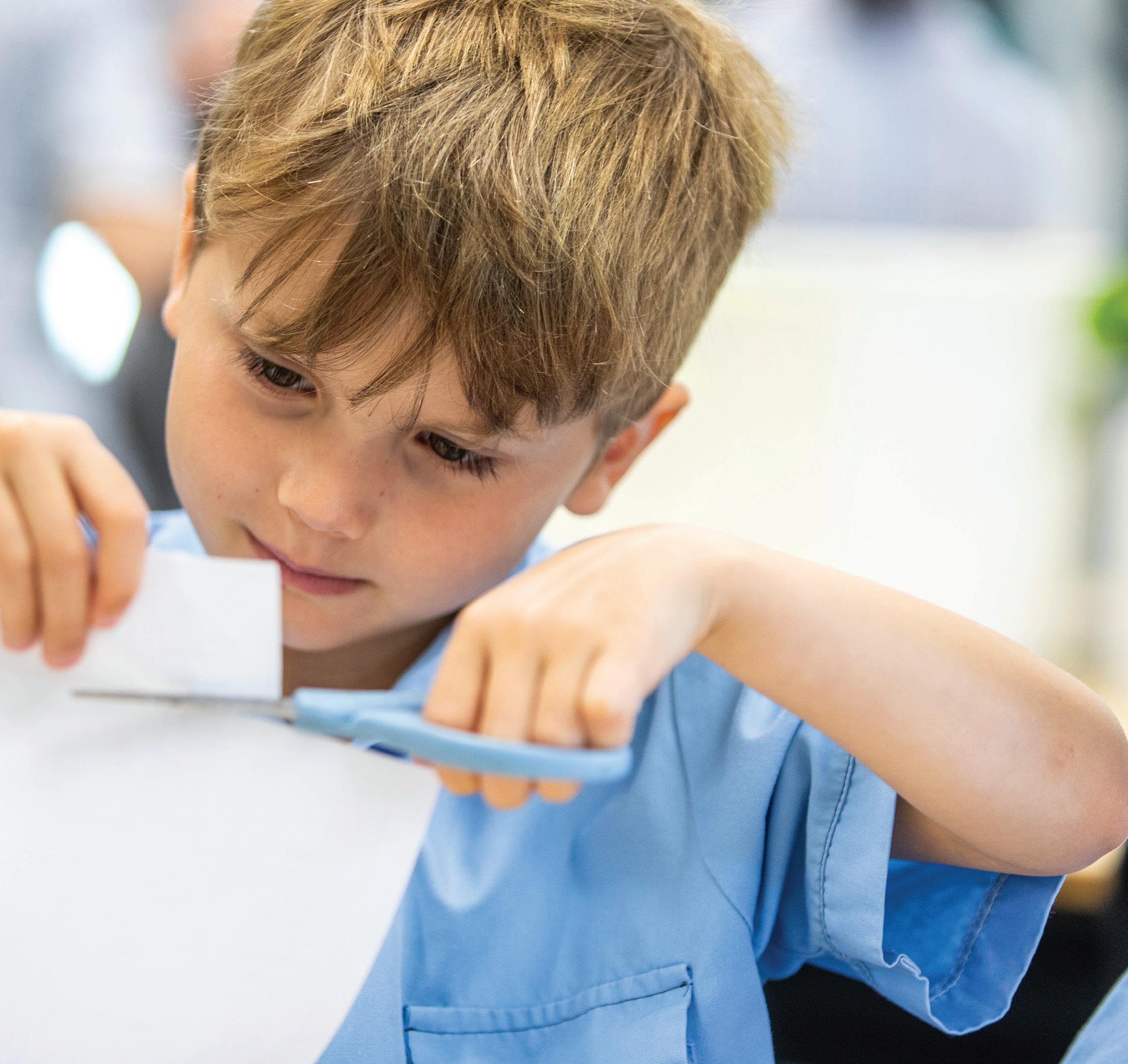
Grammar News No. 142 - December 2022 19
PURPOSEFUL PLAY IN THE OUTDOORS
Purposeful play is not limited to the classroom environment at Grimwade House.
The myriad of sensory experiences available in the natural environment adds to children’s understanding of their immediate world and their place within it. Whether in sun, water, wind, or rain, exploring how your body moves and responds in different scenarios and how these make you feel, is vital for young children.
For example, imagine building a detailed fairy village in a garden which includes a bridge over a bubbling brook, and creating fairy characters who live and interact in the village. It seems simplistic, but if your classroom topic is ‘Fairy Tales’, the learning from this activity can be profound.
In addition, young students are still learning about connection between their brain and body. Purposeful play in the outdoors also supports the interaction between physicality and intellectual growth.
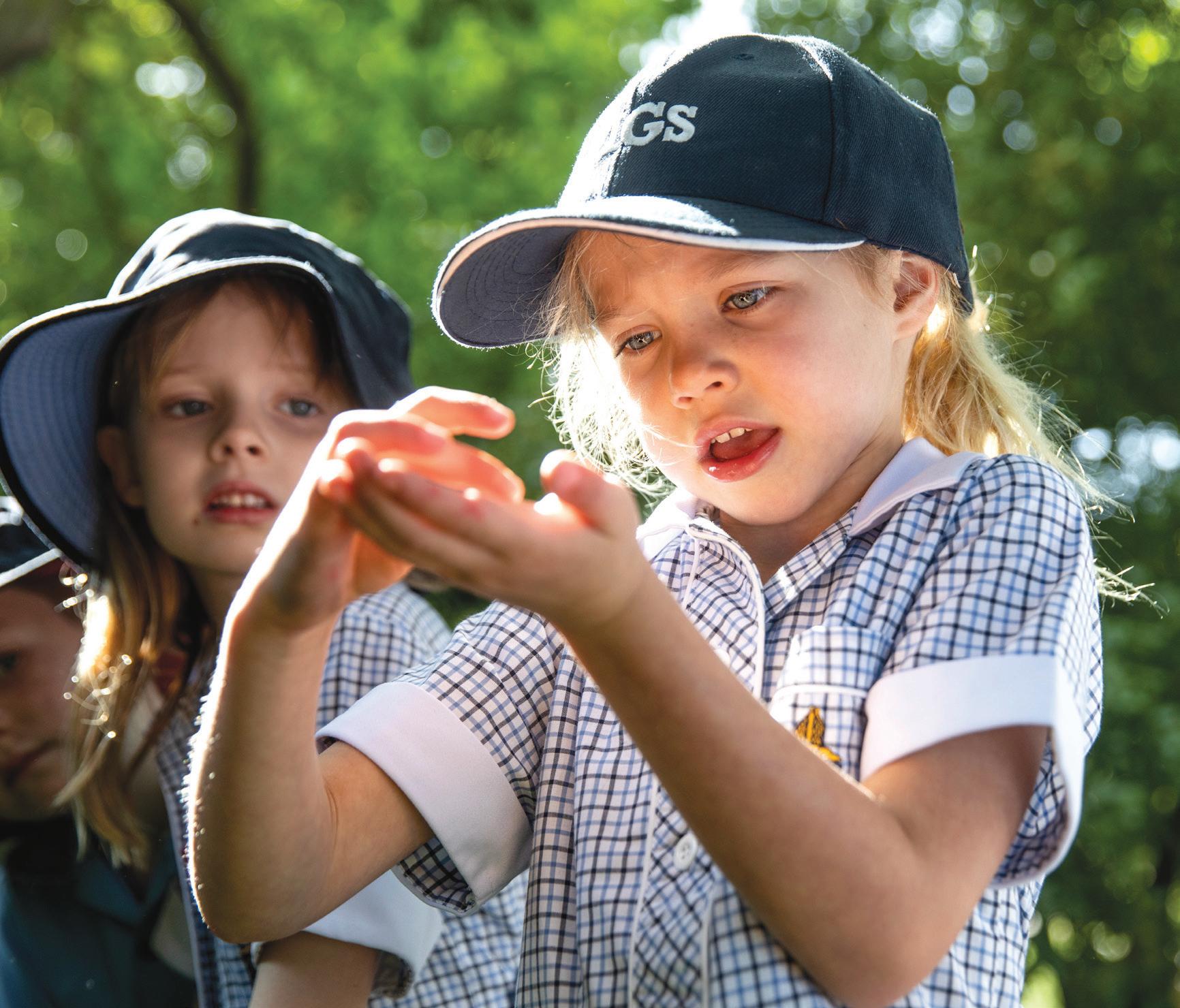
Having the buildings and grounds that support all aspects of our learning program, including purposeful play, is central to our educational aims at Grimwade House. While some buildings may constrain what teachers and students can do, those that are designed with learning outcomes in mind encourage deeper engagement during both structured learning and investigations. This is why we are looking towards building a new, more flexible Junior Primary space at Grimwade House.
Of course, valuing play is more than a pedagogy. It is an attitude that supports students as they grow older and begin to focus on the increasing intellectual demands of their education. By encouraging a love of play in our youngest students, we build an approach to learning that will serve them throughout their lives.
Caroline
Beilby
Head of Junior Primary
About Caroline Beilby
Caroline Beilby has been the Head of Junior Primary at Melbourne Grammar School since 2021.
She has extensive experience teaching and developing programs for children in years Prep to Year 2, having been a teacher within those year levels for more than 16 years.
Melbourne Grammar School 20 EXPLORATION
How buildings create school culture

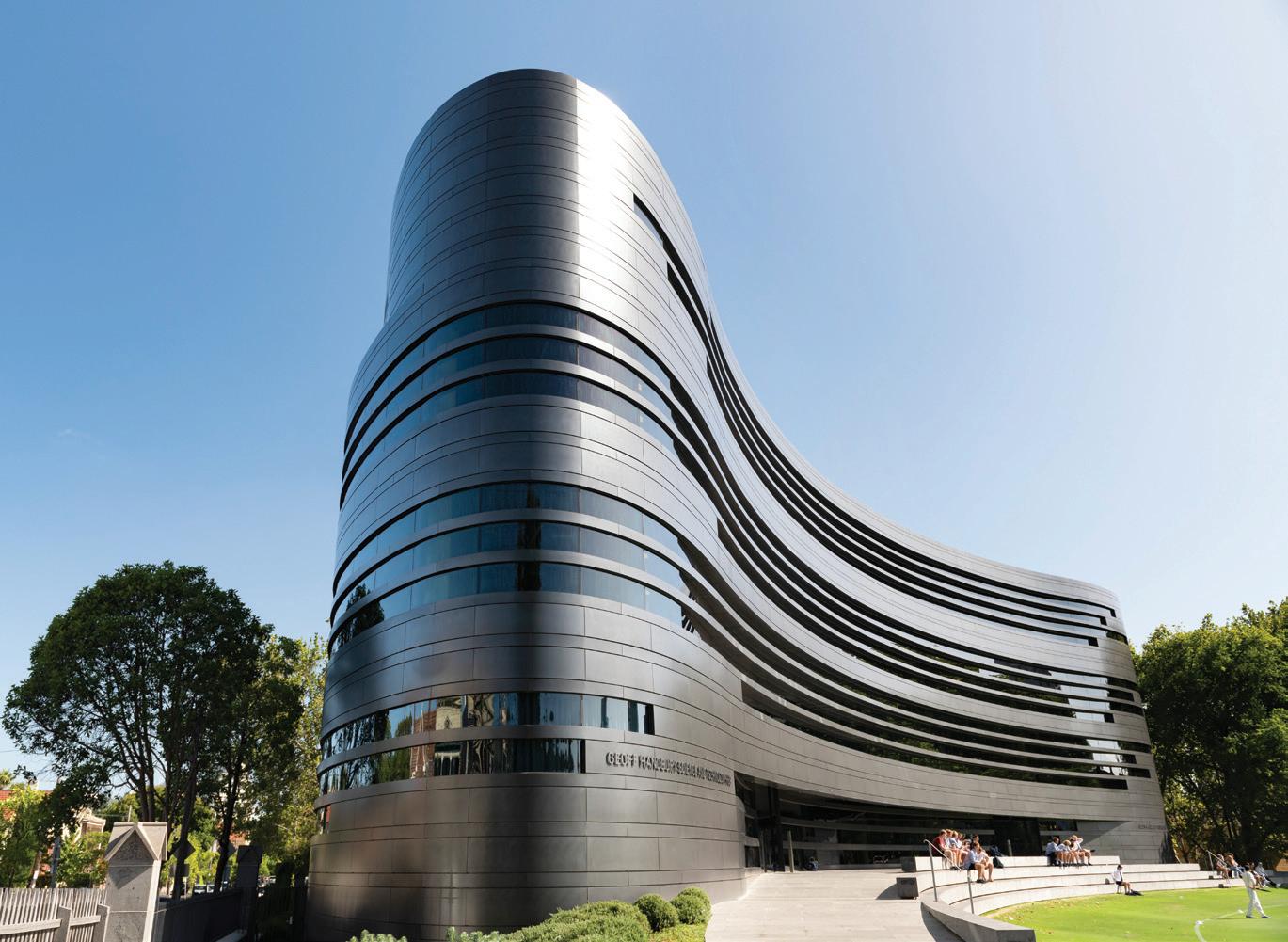
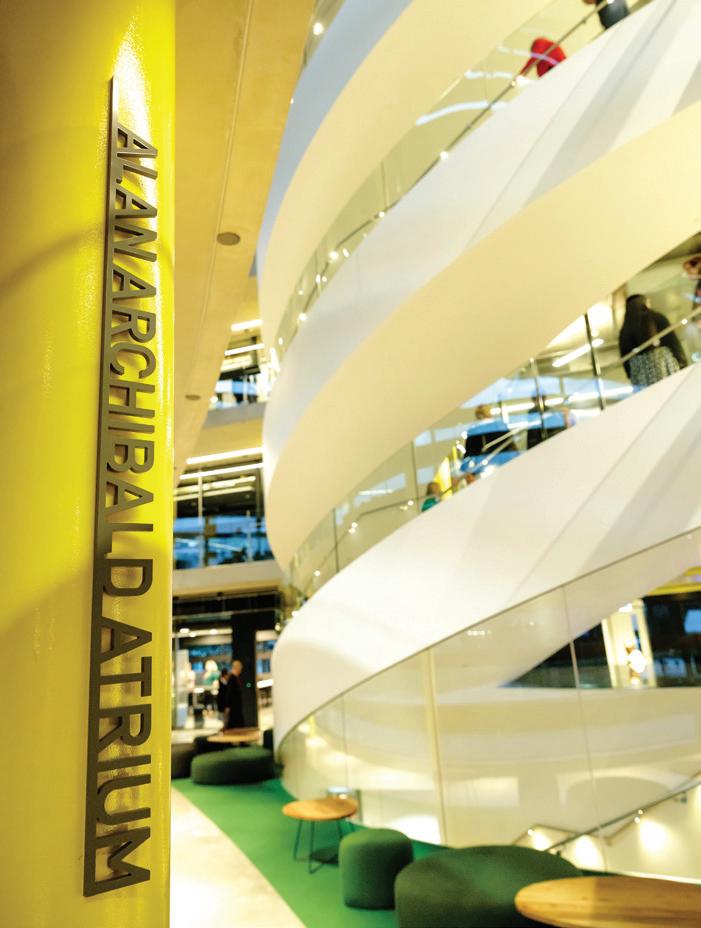
A school building is much more than a collection of classrooms. I believe that if we take the culture and aspirations of a school into account when we design a learning space, it can become a site that tells us what matters to the entire school community.
From an Indigenous perspective, there is, of course, a synergistic relationship between people and land. Our First Nations peoples see themselves as the carers and custodians of the places they inhabit, and understand that if they care for the land, the land cares for them.
We can think about these ideas in the context of our School, our buildings, and our built environments. We can begin to consider that a building sends messages about how we contribute, how we engage with one another, and how we can do that with a sense of care.
Melbourne Grammar’s newest building, the Geoff Handbury Science and Technology Hub, is one example of a space that tells an important story to the people who work and study there. This building was in its planning stages when I joined the School, and I was glad to be able to contribute to some of the decisions that went into making it the inspiring learning space it is today.
About Andrew Baylis

Andrew Baylis (OM 1979) has held the position of Melbourne Grammar School’s Director of Learning and Research since 2014.
Prior to this, his appointments included Executive Director of the Crowther Centre, Director of Teaching and Learning at Brighton Grammar School, and Head of Physics at both Henry Box School in the UK and St Bernard’s College.
Some of these decisions may seem superficial at first, but they all go toward creating an environment where learning and teaching are truly supported. For example, the right temperature and lighting mean students and teachers are immediately comfortable. Taking the time to test the acoustics of a room, and the level of noise that leaks between classrooms, also makes an important difference to concentration and focus. Even our choice of colour palette, and the way we design the flow of movement between classrooms, can mean students arrive at their next class calm and ready to learn.
I see a considered building as one that supports the relationships between the people in it. When we look at a learning space we can ask: Does this place reinforce a sense of being part of a greater whole? Are there spaces that allow people to gather and connect with others, including those who are not part of their immediate group or year level?
In all these ways, a building communicates the culture of the people who built it. Most recently, our School has been designed around a cultural message of openness, with decisions made to ensure we can see the wider world beyond our gates. Through decisions like these, we reinforce a culture that is not walled off from the real world, but connected to it as its custodians and carers.
Andrew Baylis Director of Learning and Research
Grammar News No. 142 - December 2022 21
Moments of support mean the most
With 34 years of teaching behind him, all of them at Melbourne Grammar School, it’s not easy for Mike Shaw to summarise his thoughts as he looks towards retiring at the end of 2022.

“I’ll miss the people and the relationships I’ve forged in this community over so many years,” Mike says. “There are times during the year when Melbourne Grammar doesn’t sleep, and I love that vibrancy, as well as working alongside people who wanted to put in that extra bit purely because they love the place.”
FROM THE SEMINARY TO THE CLASSROOM
Despite the fact that he has taught many thousands of Melbourne Grammar students, teaching was not Mike’s first calling in life.
“I spent six years studying in a seminary,” he explains. “That took me to Taiwan, where I learned Chinese and met my wife. I’d always wanted to work alongside young people, so that’s when I decided to take another path, and I’ve never looked back.”
Since coming to Melbourne Grammar, initially as a student-teacher in 1988, Mike has held many roles, from teaching Chinese, Philosophy and Religious Studies to serving as Head of Miller House and Perry House, and then as our inaugural Director of Boarding. Alongside all this, he has found time to coach soccer teams throughout his time at the School.
Mike was also instrumental in establishing a unique Values in Action program – Project Holy Name – in Papua New Guinea. “Students lived with local families in a village with few resources during these trips. We also raised funds to helped strengthen the facilities they had there to provide the best possible education for their children,” Mike explains. “I loved the freedom I had to set up programs like this, and I appreciated the trust the School had in me to do a good job, no matter what I was working on.”
THE CALLING OF PASTORAL CARE
Reflecting on more than three decades at Melbourne Grammar, Mike is clear that the best moments have been those when he has been able to be there for a student.
“Pastoral care has been the highlight for me,” he says. “Even when I first started as a tutor in Deakin House, I loved that sense that the students were part of a small family within a much larger family.”
support, or give a small nod of encouragement when it has been needed. The twinkle in his eye has never dimmed from the day he began here, and we wish him well as he begins this next part of his life’s journey.
Ben Hanisch, Deputy Headmaster & Head of Senior School
“Moving from a day House to boarding and knowing that you’ve been entrusted with the responsibility of caring for boarding students is very meaningful,” Mike adds. “You get to see the boys at their best and worst. To go on that journey with them, and their parents, is a special thing.”
Three other long standing staff recently retired. Their stories were published in the October 2022 edition of Grammar News. You can read them at news.mgs.vic.edu.au
Search: Rod McLeod, Rob Shields, Tony Walker
SCHOOL NEWS Melbourne Grammar School 22
As a colleague, Mike has always been there to give advice, show
Taking the initiative to spark change
One of the defining characteristics of our School culture is our understanding that the impetus for change does not always have to come from teachers and staff. Our students also know they have the capacity to transform the way we do things, and the permission to ask: how can we do better?
This year the three Senior School leaders – School Co-Vice Captains Hugo Bennett and Oliver Martin, along with Captain of School Jack Flintoft – came together to ask this question in relation to one of the School’s core strategic priorities: sustainability.
While the achievements they have made are just the beginning of a transformative project, the groundwork they are laying has enormous potential.
BRINGING THE RIGHT PEOPLE TOGETHER
Encouraged by Director of Teaching and Research Andrew Baylis, Hugo, Oliver and Jack began their project by defining three strands of sustainability: social, environmental, and economic.
“At the start, we did a lot of brainstorming with the help of the Sustainable Lifestyle Improvement Committee (SLIC),” explains Hugo. “We eventually came up with a mission and vision, which we pitched to the other 10 Senior School student committees, outlining what we hope the School can achieve over the next five years.”
“Starting with a small group meant we could make decisions easily and take action more quickly,” Hugo adds. “Mr Baylis was always there to encourage us, and to hold us accountable as well.”
TAKING SMALL STEPS TOWARD BIG CHANGES
The three School leaders explain that one of the key aspects of their approach was to resist the temptation to look outside the School before they had considered the sustainable actions already underway at Melbourne Grammar.
“When we met with student committee leaders, we made sure we talked about what they were currently doing that aligned with our sustainability goals,” explains Jack. “It turned out there were many areas where our ideas and their actions overlapped. Having these conversations, we could also see we’d planted the seed to get them thinking about what else they could achieve.”
“We realised we had to look inside our own community first, before we tried to solve all the problems of the world,” adds Oliver. “We saw that we only needed to take small steps to have a real impact and that, even though our community includes a lot of diverse ideas, we all have the same goal – it’s just a matter of how we get there.”
Having sparked a conversation across many student groups, Hugo, Jack and Oliver have also communicated their plans for sustainable action to next year’s school leaders, as well as to the Wadhurst community, so their efforts can continue.
It’s our belief that everyone should be involved in student-led actions like this. There are many opportunities here for us to come together around our Towards 2030 goals, and this kind of work shows just how much students can do when they are supported to take action themselves.
Andrew Baylis
Grammar News No. 142 - December 2022 23
An ‘Australian Animals’ exhibition at Grimwade House
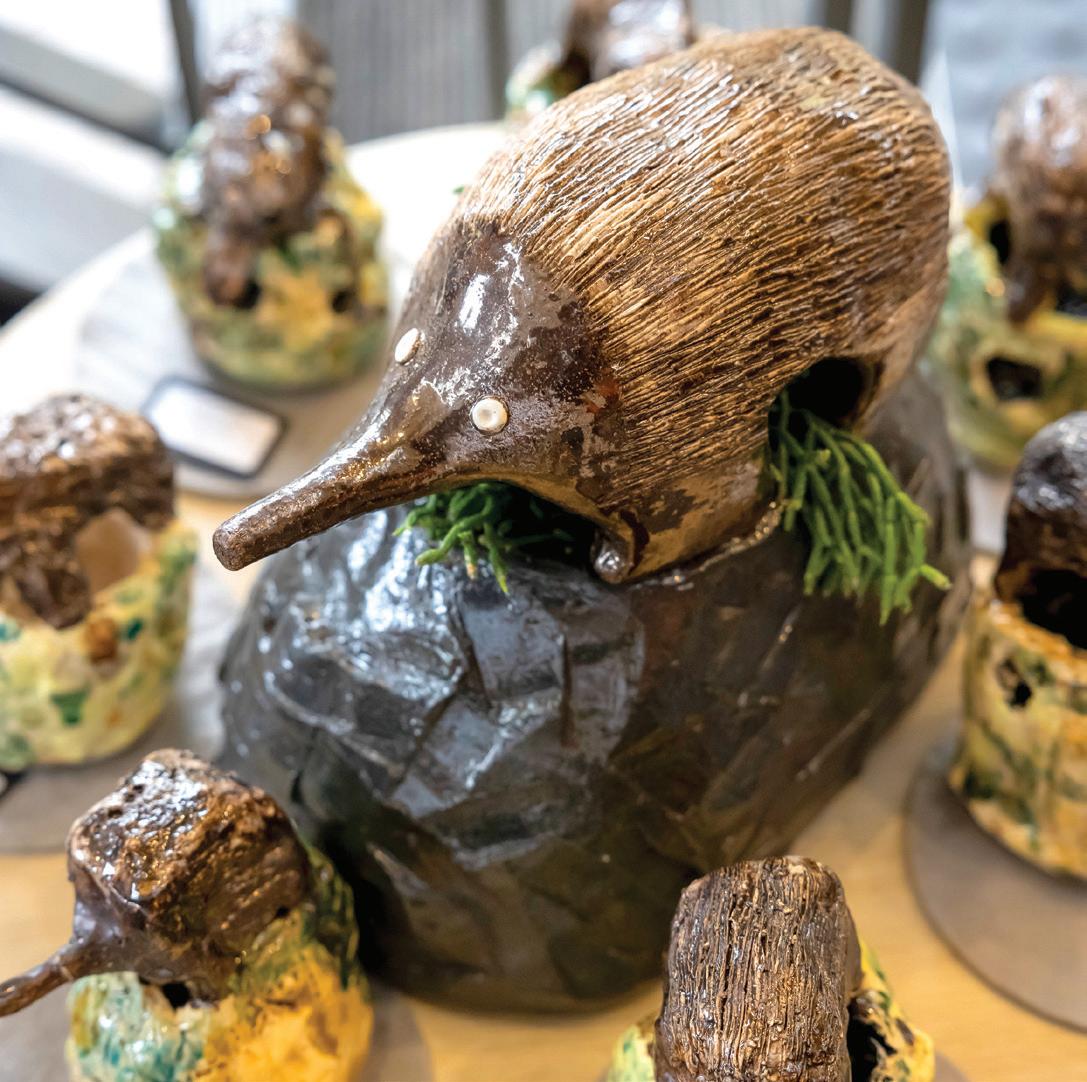
All Grimwade House students contributed to a wonderful art exhibition relating to Australian native animals and habitats which was recently staged at the School.
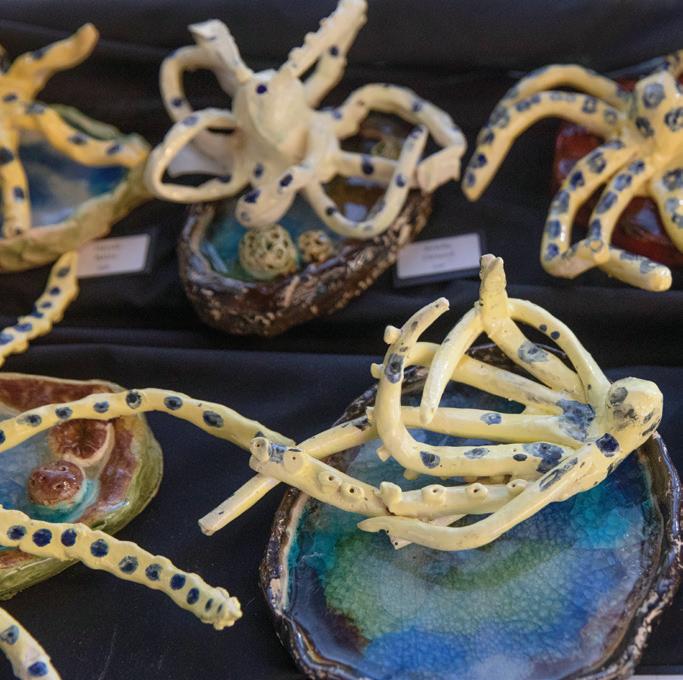

Each of the artwork themes linked to specific learning objectives, according to Mrs Lee-Anne D’Paul, Head of Visual Art at Grimwade House. “For example, when Year 3 students were creating koalas in trees, there were discussions about the impact of the loss of native vegetation on this species,” she explains. “Another year level looked at the textures that animals might leave on a landscape through, for instance, their footprints.”
The use of a wide variety of media was intentional as was the inspiration drawn from Australian and First Nations artists. “The influence of these artists is visible throughout the exhibition,” says Lee-Anne. “However, we challenged students to interpret, rather than copy, their style.”
Some pieces, such as a life size paper mache emu sculpture, were created collaboratively, then complemented by smaller individual works.

“I am so proud of our students’ ability to create pieces of art at a level far beyond what might normally be expected from children of their age,” Lee-Anne adds.
The images here provide only a small sample of the artworks which were on display. You can view more images on our website at news.mgs.vic.edu.au
Search: exhibition
Melbourne Grammar School 24
SCHOOL NEWS

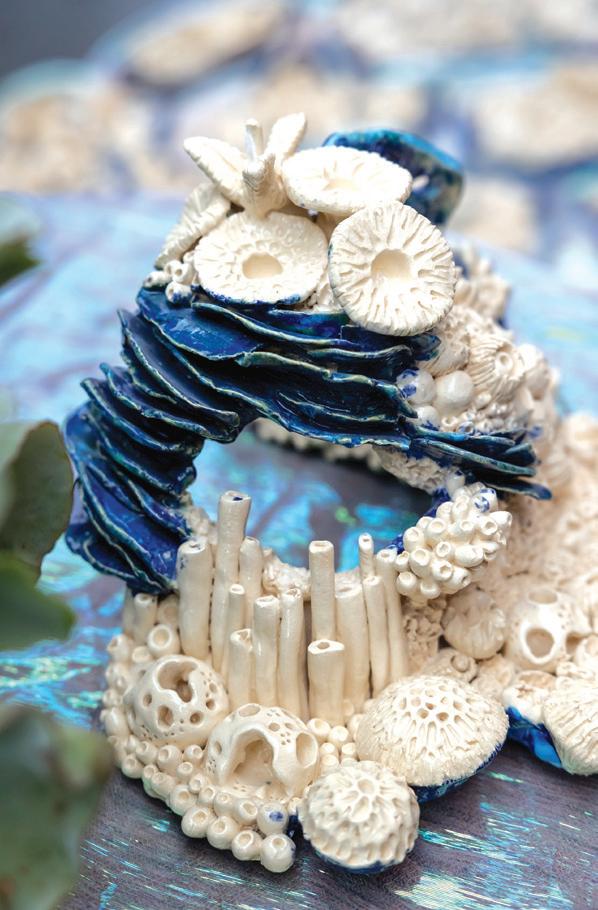
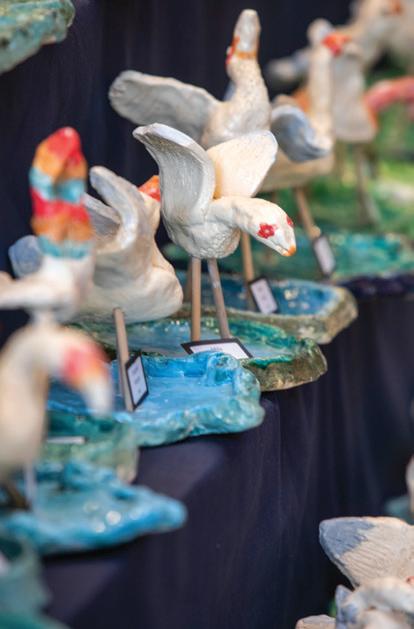
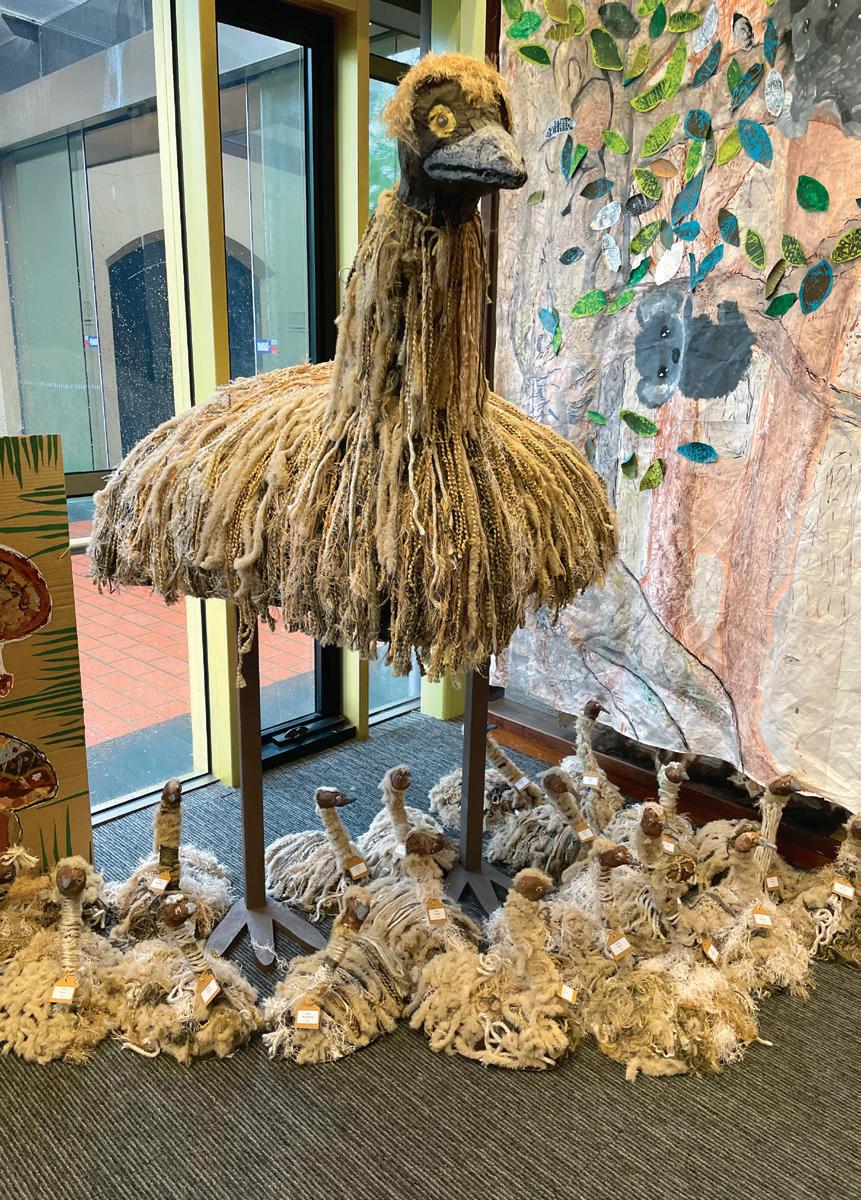
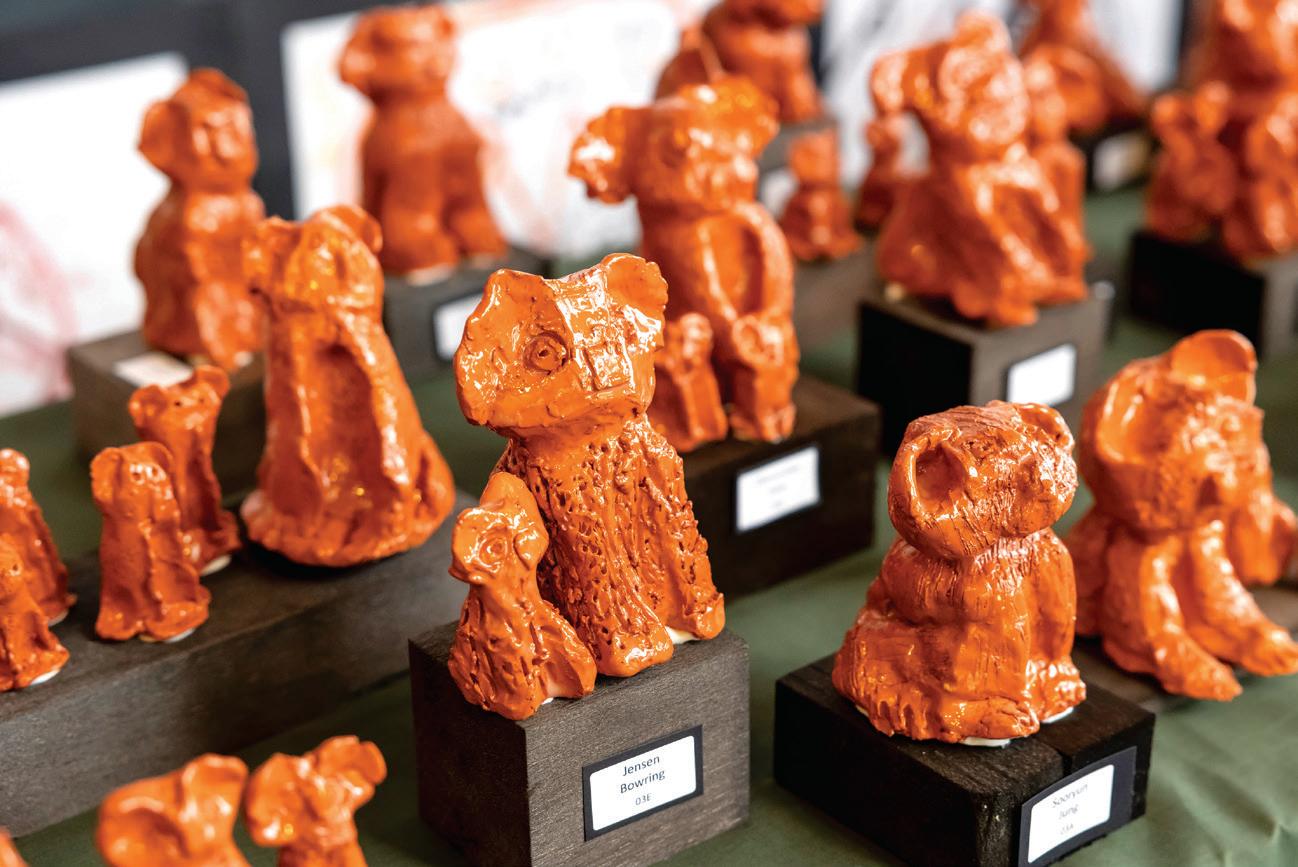
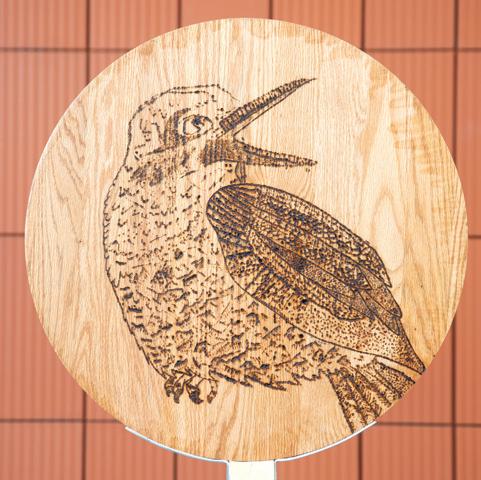
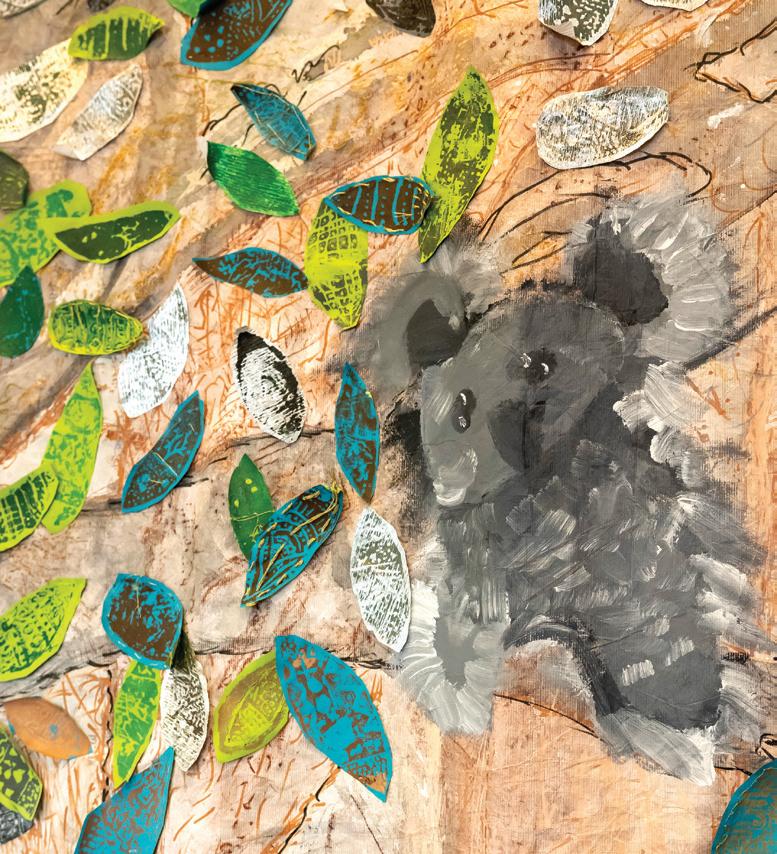
Grammar News No. 142 - December 2022 25
Two Grimwade teachers make the leap to Wadhurst
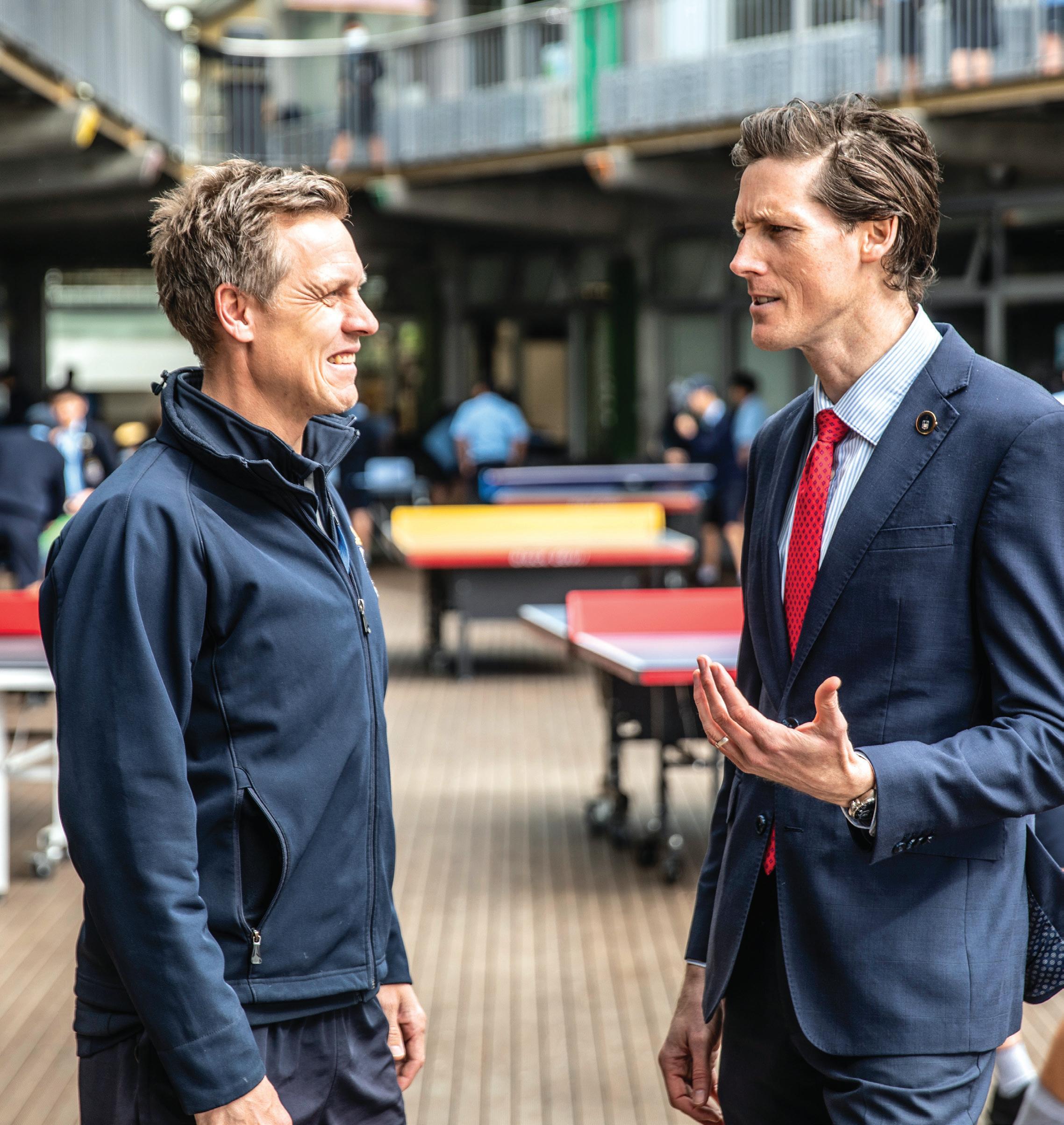
SCHOOL NEWS Melbourne Grammar School 26
Two of the newest faces at Wadhurst are actually Melbourne Grammar School stalwarts. Both Simon Calbert and John Donaldson have transferred to our secondary school campus after teaching younger students at Grimwade House for many years.
Simon began at Grimwade in 2009, while John joined the School in 2013. Both now bring their training, skills and experience to a new student cohort, and are keen to share what they are enjoying about this next stage in their respective careers.
A BRIDGE BETWEEN CAMPUSES
For Simon, moving from his role as a Physical Education teacher at Grimwade House to Head of Sport at Wadhurst in 2021 was a way to keep progressing in his career without having to move away from Melbourne Grammar.
I wanted to keep learning under different types of leaders and in different settings, and to take on the challenge of working with students across a different age group.
Simon Calbert
“It was also an opportunity to work on and solve new educational problems, which is a really satisfying part of my job, and to build relationships with different staff members,” he says.
Of course, a number of Simon’s students are those he taught while at Grimwade House, which he sees as an opportunity to continue these connections.
“Given my history with some of the Wadhurst students, there’s an opportunity to discuss what works with particular students, and to communicate where they’re coming from to other Wadhurst staff members,” he explains. “Not every secondary school teacher gets that kind of briefing.”
FINDING NEW WAYS TO SUPPORT STUDENTS
Having taught at an international school outside Dubai, as well as at independent schools here in Australia, John says transitioning to teaching English and Humanities at Wadhurst in 2022 was “the right amount of change”.
“I had largely achieved what I wanted to at Grimwade, but I never felt the urge to leave the School – you couldn’t pick a better place to turn up to work every day,” he explains. “But at secondary school level you’ve got a different breadth of learners, and I feel I can nurture the fundamentals while also enjoying more robust conversations with older students.”
John adds that the strong pastoral care system in place at Wadhurst was another factor in his decision to stay at Melbourne Grammar. “I wanted to be part of what the House system employed at Wadhurst offers the students,” he says.

John adds that it has been the right move for him: “It’s the School’s philosophy of developing young people, and the respect I have for the School’s leadership team as a whole, that made me want to stay on here.”
From left: Simon Calbert and John Donaldson on the Wadhurst deck.
Grammar News No. 142 - December 2022 27
Relationships and communication are key to a sustainable school
After 24 years away from his home state, Damian Ferguson has returned to Victoria, bringing international experience to the role of Melbourne Grammar’s Director of Business and Finance.

What attracted you to working in schools, and why did you choose Melbourne Grammar?
I wanted to have diversity in responsibility and experience in my career, as well as an opportunity to be able to contribute. Working in education offers me those opportunities. Every day is different, and every day brings a new challenge.
In relation to Melbourne Grammar, the quality of the organisation, the experience of the people leading the School, and the governance structures at the School were all very appealing. It was an easy decision to apply.
What are your responsibilities and priorities?
My role focuses on financial management so we can maintain the quality of our educational program. I also am looking forward to facilitating and contributing to change – for example, strengthening our internal accounting systems and reporting.
In the short term, my priority has been to listen, observe, and absorb what I can, drawing on the many years of knowledge from those who have come before me.
My longer-term priority is to see where I can enhance the transparency, accountability, and viability of the School, and the relationships that keep Melbourne Grammar operational. I’m particularly excited by our current work relating to our strategy as outlined in Towards 2030
What’s the most important thing to get right in this role?
The relationships the School has with everyone from parents right through to our service partners, whether they are banks, bus service providers, or our canteen staff, are vital. It’s good communication that supports those relationships. If we can get those two things right, that will help us to build a sustainable future for the School community.
Is Melbourne Grammar different to other schools?
There is a calmness throughout the campuses, a focus on quality, and a strong commitment to their profession among staff that isn’t easy to find.
The contribution of volunteers, such as the members of Friends of Grammar, is also extraordinary. I’m impressed by their strong focus on making improvements that will benefit the School as a whole.
What’s something people would be surprised to learn about you?
I’m one of eight children, which gives you a different perspective on relationships and opportunities. I saw that it wasn’t all about me, and that’s how I feel about my contribution to schools. Even if I’m not a teacher, I’m still part of a community, and that’s part of giving back.
About Damian Ferguson
Damian Ferguson commenced in the role of Director of Business and Finance in July 2022.
Immediately prior to this he had held the role of Chief Financial Officer at Knox Grammar School, a K-12 day and boarding school in Sydney with enrolments of around 3,200. He has also worked at an international school in Singapore, and at a range of schools in Victoria and New South Wales.
Damian is highly regarded within the education sector, not only for his many achievements so far, but also for his strong values, work ethic and professionalism.
Melbourne Grammar School 28 SCHOOL NEWS
2021 financial snapshot
Melbourne Grammar School exists to inspire young people, provide opportunity and contribute to positive change in the world. We seek to provide the highest quality education for our students.
In 2021, 1808 students were educated by 219 teaching staff members. That is a ratio of 9:1 – one of the lowest in Australia.
As a not for profit entity, it is pleasing to report that our financial position is strong and the School is debt free. Our consolidated total income for 2021 was $84.2m and our expenditure totalled $68.4m. The surplus has largely been reserved for future capital projects including the proposed Centre for Humanity and the new Junior Primary building, as envisaged in the School’s strategic plan Towards 2030
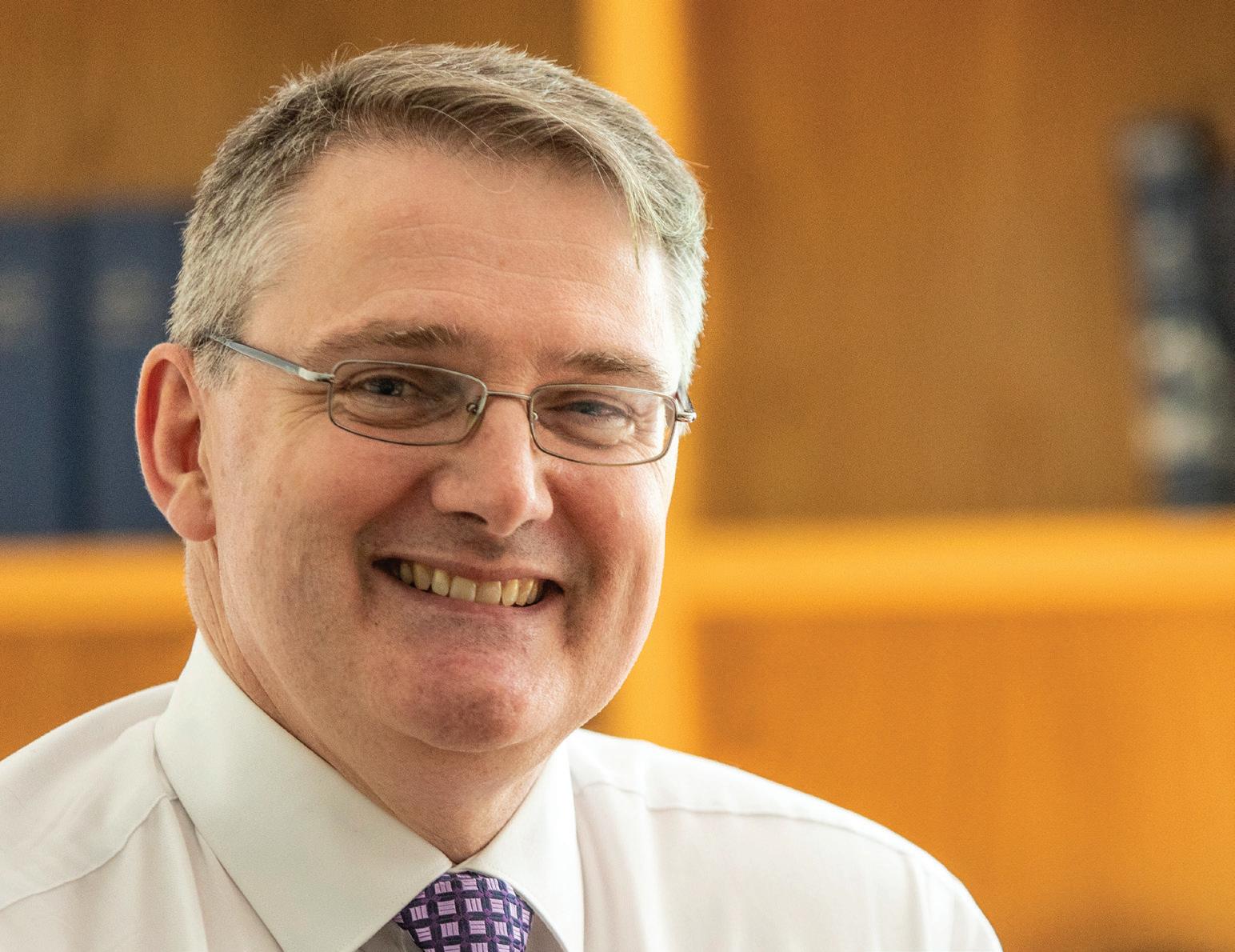
It should also be noted that the capital expenditure was relatively low in 2021. It does fluctuate from year to year with an average of around $10m per annum from 2000 to 2021.
We received approximately $4,500 per student in State and Commonwealth government funding in 2021. By way of comparison, 2018/2019 figures made available by the Productivity Commission indicate that government schools received $19, 327 per student and, on average, $10,678 per student was given to other independent schools across Australia.
There is no question that the School we know today is a result of the support and generous philanthropic commitment of the School community over the past 164 years and we thank those who have contributed to the continuation of this situation in 2021.
Damian Ferguson
Grammar News No. 142 - December 2022 29
Building our community
In a constantly changing world, the Old Melburnians Society is a community that is inclusive and supportive of each other.
Our history and traditions are part of the stability we offer. The Society has grown and evolved with the times and continues to be a source of friendship and support for Old Melburnians, young and old.
I am proud to say that, in 2022, over 1,200 Old Melburnians participated in our various initiatives and programs, including the Career Masterclass, the Business Breakfast, the Dick Cotton Fellowship, the Virtual Careers Nights, the OM Journeys Speaker Series and the various reunions and dinners. We have more than 1,000 Old Melburnians involved in 15 different Old Melburnians sport, drama and activity clubs and close to 2,700 members registered on OM Link – an all-time high.
We continue to look for ways to better engage all parts of our community, regardless of age or gender. In 2022 we held a special Old Melburnians function to celebrate the 1,000 women who have attended Grimwade House. The function was a huge success and I’m delighted to share some photos in this edition of Grammar News. We are also proud that we continue to strike a chord with our younger Old Melburnians having had 50 Old Melburnians who finished school in 2020 and 2021 attend this year’s Annual Dinner – which is the highest attendance of recent School leavers in recent memory.
There is always more we can do. The aim of the Old Melburnians Council – which is the governing body of the Society – is to help create a vibrant, diverse and thriving community that positively impacts our society.

However, in order to achieve this, the Council needs to be clear about its role and purpose. This year the Council has spent some time considering questions such as ‘What does it mean to be an Old Melburnian?’ and ‘How can we ensure that all our members feel included and represented?’
Our ambition is to develop a clear statement of purpose which will guide what we do. This statement of purpose needs to reflect that we are a community of young and old; we look to the past with pride, but we also boldly embrace the future; we want to bring our members together, but we are much more than just dinners and drinks; we want our members to learn and grow; we recognise that each of us has a lot to offer and together we can make a powerful and positive contribution to society.
We look forward to sharing the results of our work with you, and in the meantime, if you have a desire to be involved with the Old Melburnians, I encourage you to reach out to our team. We would love to hear from you. For more information or to become involved, please contact Kirsty Hooper, Head of Alumni and Community Relations at kahooper@mgs.vic.edu.au or phone +61 3 9865 7681.
Melbourne Grammar School 30
OLD MELBURNIANS
Thindika Amarasekara
Finally, I am pleased to advise that we have recently welcomed Penny Apted (OM 1994) as our newest Council member. We thank Bill Cowan AO (OM 1962) and The Honourable Will Alstergren AO (OM 1980) for their dedicated, generous and highly valued service on the Council as they step down at the end of 2022.
The impact of the 0ld Melburnians Dick Cotton Fellowship
Our years at high school are some of the most pivotal in our journey of personal development. I remain grateful for my time at Melbourne Grammar School – a place that nourished my academic interests, but also enriched my connection to sport, charity, community, the arts, and the outdoors.
That legacy remains with me six years later and I am reminded of it often, even now – living on the other side of the world in Paris – in the importance I attach to a varied life lived with purpose.
I was attracted to Lifeline because I believe that loneliness and disconnection are our two great nemeses as they relate to mental wellbeing. Human connection is astonishingly centring and regenerative. Sadly, many people do not have access to the same support networks that many of us share, and this is the crucial gap that Lifeline seeks to fill. It is a small effort for maximal impact.
Meet our newest Council member
About Penny Apted (OM 1994)
Penny attended Grimwade House from 1982 – 1988. She is a primary educator experienced in strategic planning, curriculum design and pastoral care programs in schools. Penny’s son and daughter currently attend Grimwade House.
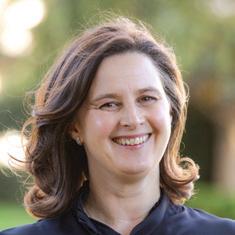
This is the ethic that inspired me to apply for the Old Melburnians Dick Cotton Fellowship in 2021, an annual grant offered by the Old Melburnians Council to young OMs who want to pursue an important community project or volunteer work.
I have been enthusiastic about mental wellbeing since I first encountered debilitating anxiety following my mother’s diagnosis with brain cancer in 2014. The context of the COVID-19 pandemic spurred me to contemplate how I could best channel my personal struggle into some meaningful benefit for others.
Supported by the faith and generosity of the OMs Council in a Dick Cotton Fellowship, I was able to enter Lifeline Australia’s 12-month training program and become a volunteer telephone crisis support worker.
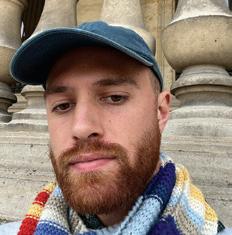
One year later, I couldn’t be more grateful to Anton Leschen and the Old Melburnians Council for the trust they placed in me and my mission. Lifeline takes a call every 30 seconds from a person around Australia experiencing crisis – I think this a testament to the shared and growing challenge that is mental wellbeing in our community.
Although I am currently pursuing a masters degree abroad, I will be able to readily resume my work at Lifeline once I return to Australia. My work at Lifeline has been perhaps the most meaningful and transformative experience of my life. I have learnt skills that make me a better person to myself, my friends, my family, and my community. I have had the tremendous privilege of supporting people at moments of incredible vulnerability and help them take steps towards wellbeing.
While people tend to ask about the challenging or confronting aspects of the work, many of my Lifeline colleagues will tell you about the powerful sense of hope, connection, and commonality that you gain. The human condition is shared between us all – it is truly remarkable what we can achieve when we realise this truth and be kinder, gentler, and more understanding with each other.
Applications for the Old Melburnians Dick Cotton Fellowship open mid-year. Further information is available at: mgs.vic.edu.au
Grammar News No. 142 - December 2022 31
Tom Akhurst (OM 2016) 2021 Dick Cotton Fellowship recipient
Thindika Amarasekara (OM 1991) President of the Old Melburnians Council

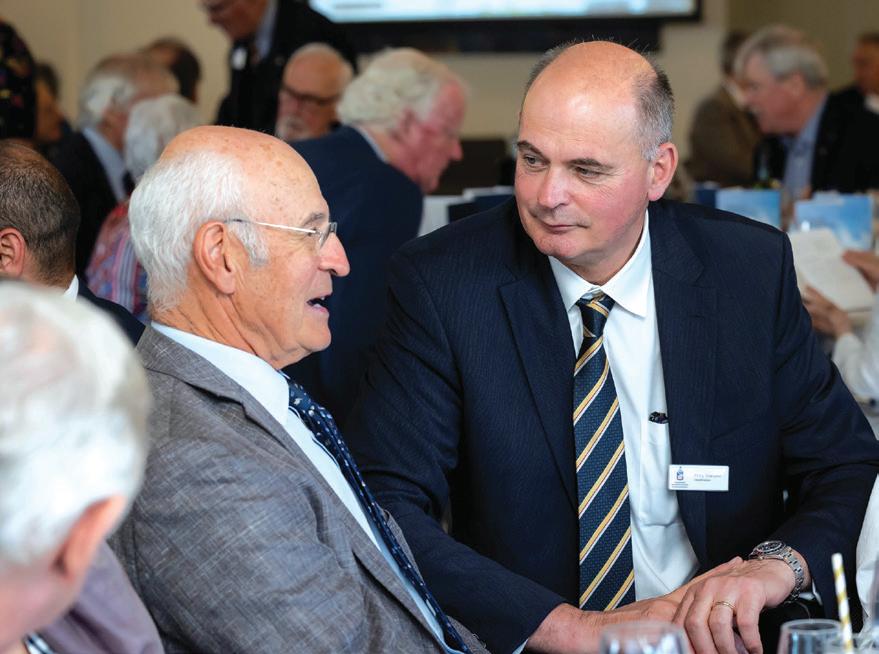
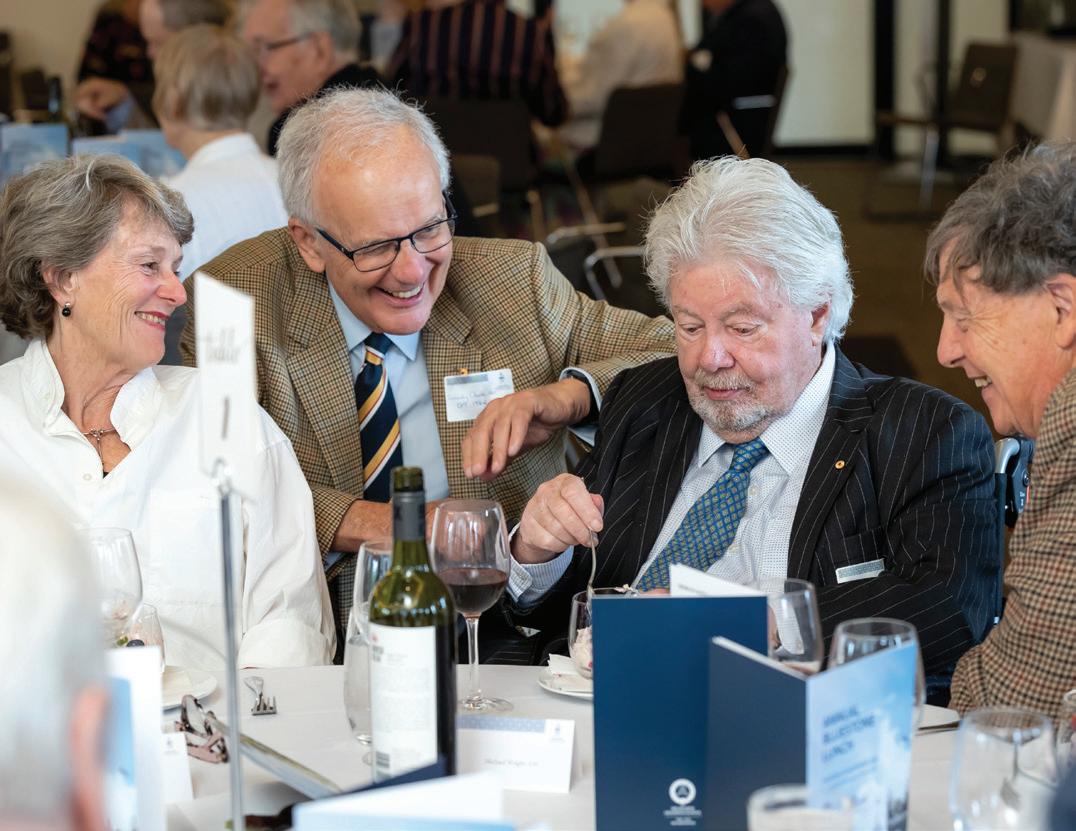
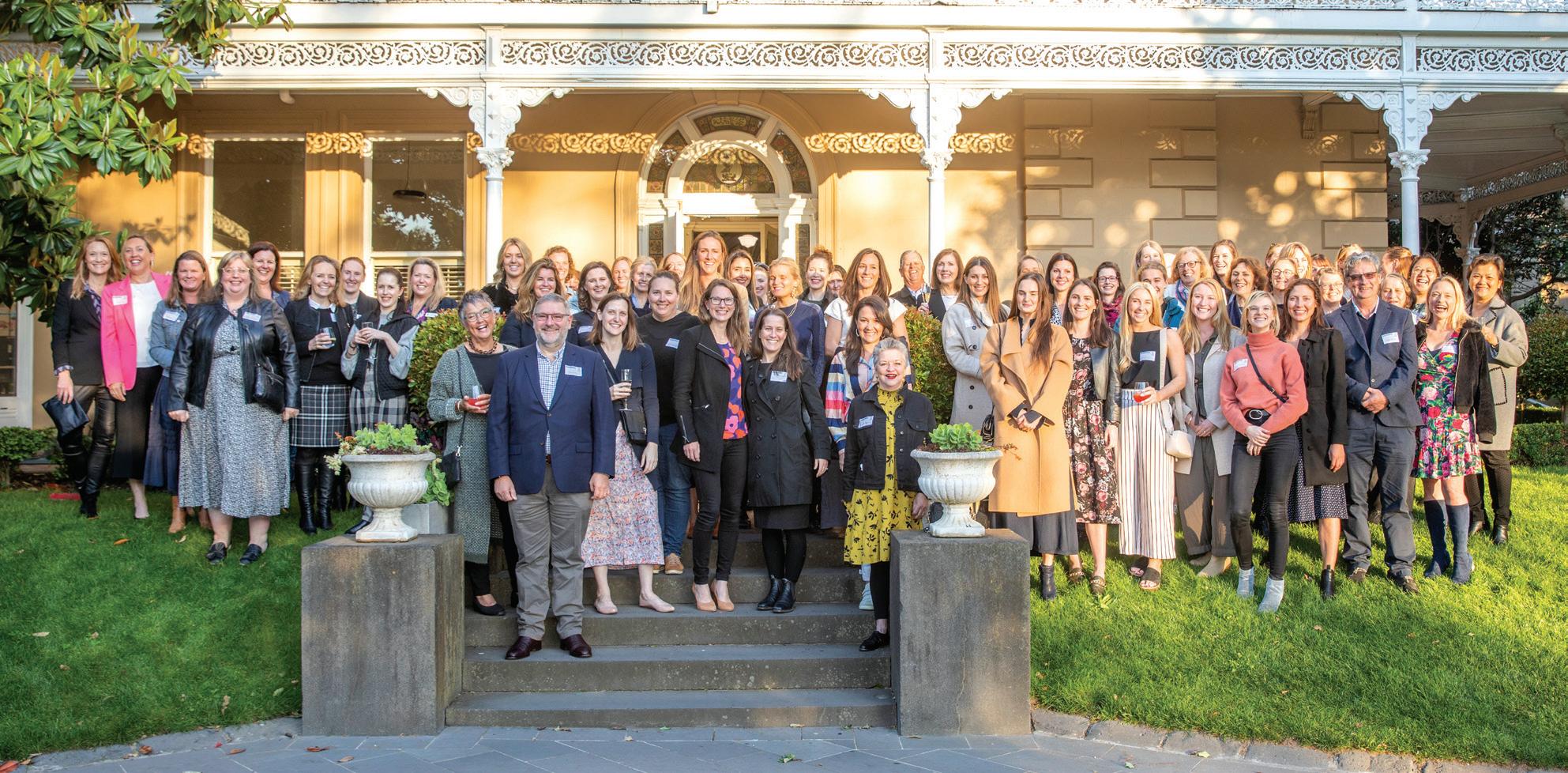
32 Melbourne
School
MELBURNIANS
Grammar
OLD
1 4 3 2
Old Melburnian Events
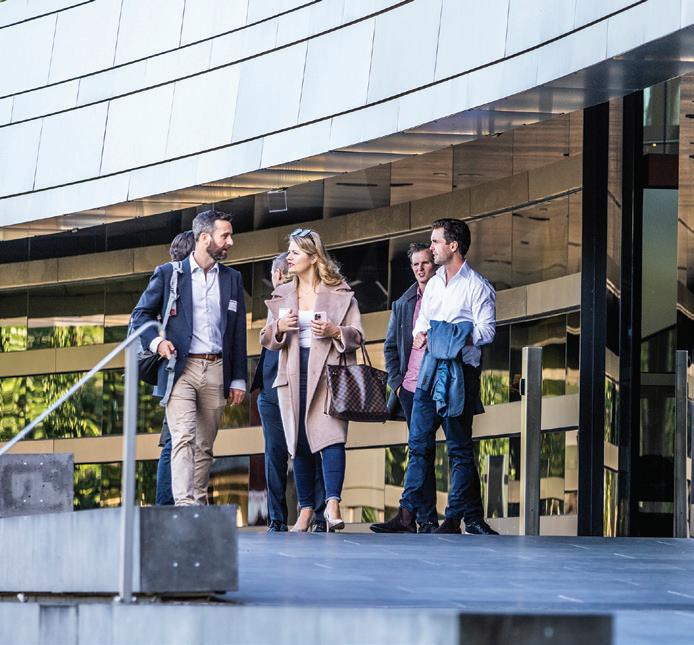
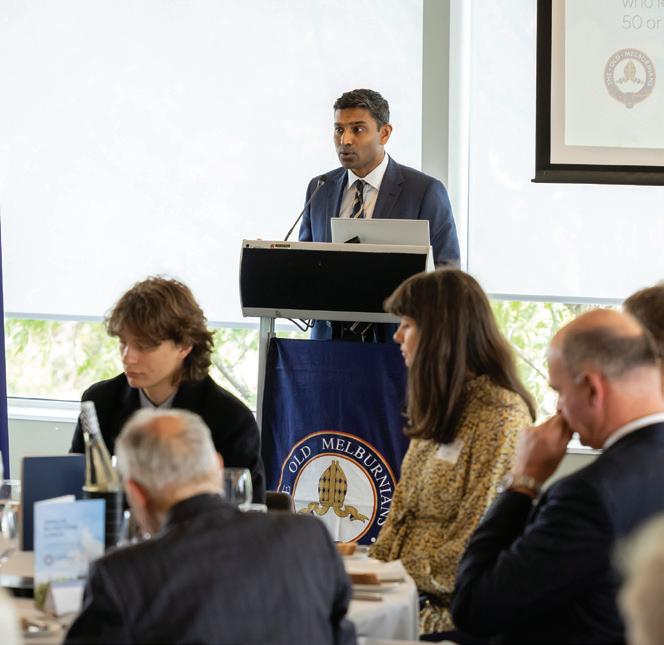
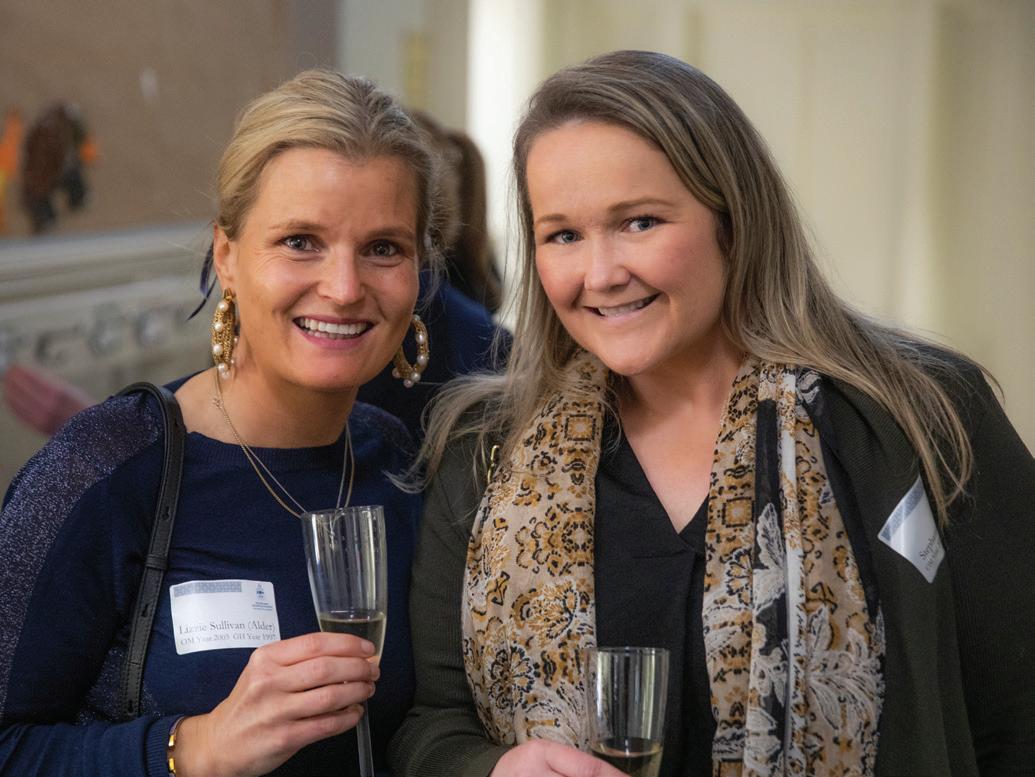
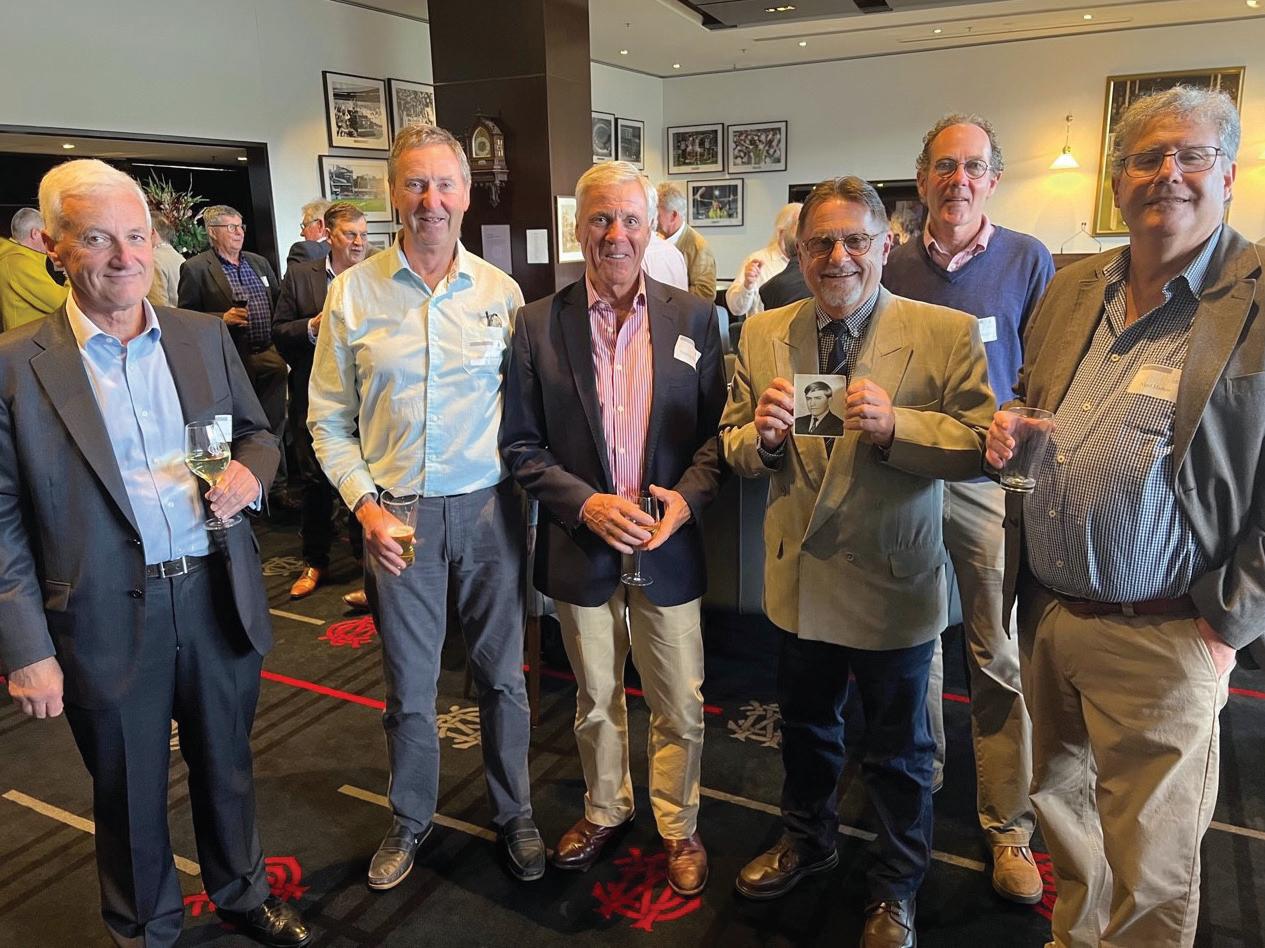
33 Grammar News No. 142 - December 2022 1. From left: Michael Dowling AM (OM 1961) and Headmaster, Philip Grutzner (OM 1981), Annual Bluestone Lunch 2. From left: Maxine Wright, Sandy Clark AO (OM 1961), Michael Wright KC AM (OM 1960), Edwin Kennon (OM 1961), Annual Bluestone Lunch 3. Return to Grimwade House Cocktail Party 5 6 7 8 Save the Date Below is a list of dates that have been confirmed for 2023. More information about other events including Branch Events, Business Breakfast, and Careers Masterclass will be available on the Melbourne Grammar website as soon as details are confirmed. THE OLD MELBURNIANS ANNUAL DINNER Friday 27 October ANNUAL BLUESTONE LUNCH Royal South Yarra Lawn Tennis Club Thursday 23 November REUNIONS OM 1953 – 70 Year Reunion Thursday 30 March OM 1963 – 60 Year Reunion Thursday 23 March OM 1973 – 50 Year Reunion Thursday 4 May OM 1983 – 40 Year Reunion Thursday 9 March OM 1993 – 30 Year Reunion Friday 31 March OM 2003 – 20 Year Reunion Friday 24 March OM 2013 – 10 Year Reunion Friday 17 March OM 2018 – 5 Year Reunion Friday 3 March All Reunions will be held at Melbourne Grammar School, South Yarra Campus CORDNER EGGLESTON CUP Edwin Flack Park Friday 12 May 4. Old Melburnian 2002 20 Year Reunion 5. From left: Lizzie Sullivan (OM 2003) and Stephanie Freeman (OM 2003), Return to Grimwade House Cocktail Party 6. Old Melburnian 2002 20 Year Reunion 7. Thindika Amarasekar (OM 1991), Annual Bluestone Lunch 8. Old Melburnian 1971 50 Year Reunion
Seeking FOG archival material
Friends of Grammar (FOG) has been instrumental in building the strong School community we have today.
The term Friends of Grammar came into first use in 1977, but it was an evolution of the first parent groups – Grammar Mothers, Friends of Grimwade and Friends of Wadhurst – which were established in the 1950s.
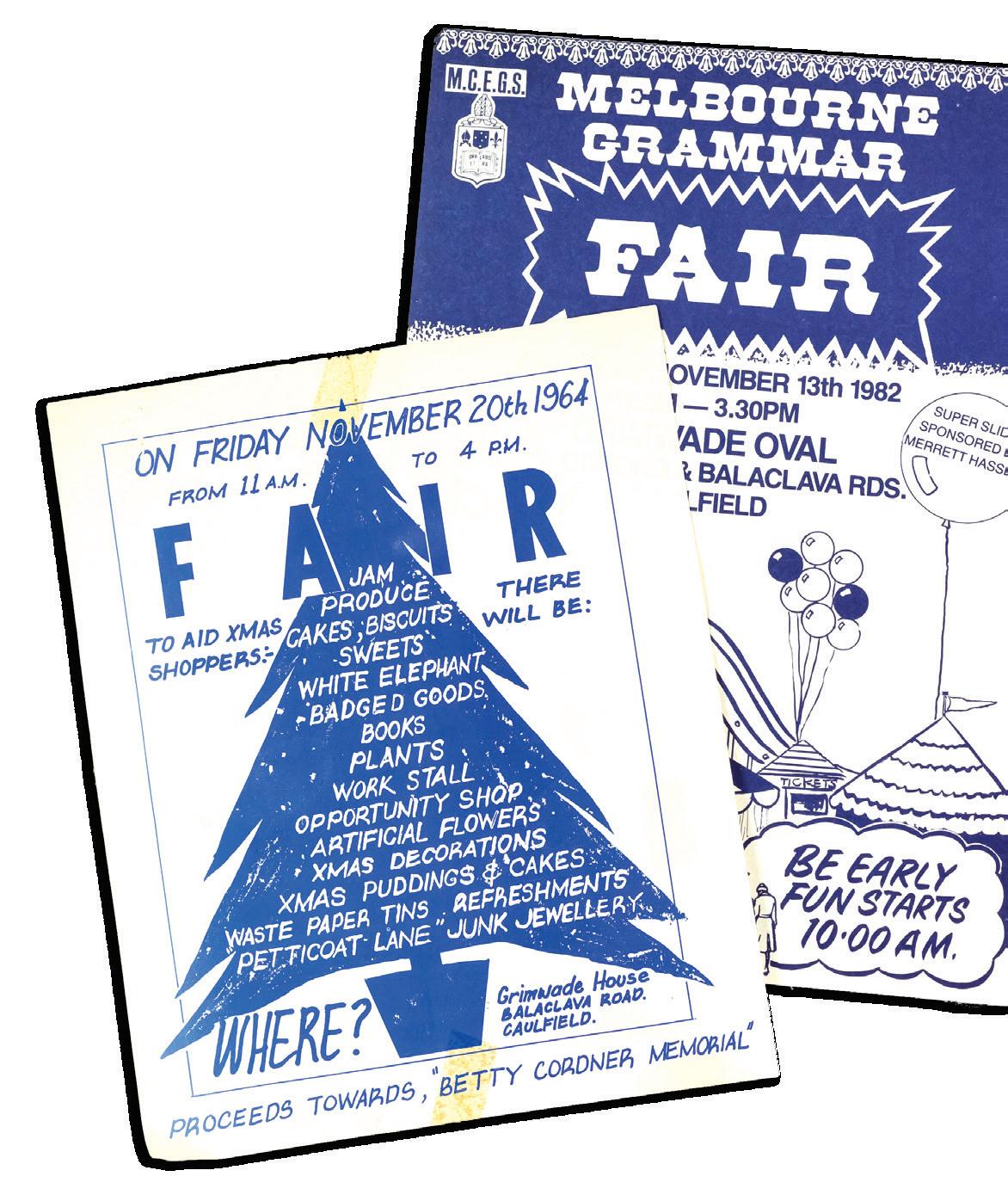
Over the years, FOG has organised a remarkable array of functions and activities. Moreover, they have provided a warm and welcoming atmosphere for both FOG members, and guests at their events. The group is an example of a remarkable and unbroken legacy of voluntary service to the School.

CAN YOU HELP?
We aim to celebrate the rich contribution FOG has made to Melbourne Grammar School next year, but our archival material is a little thin.
We are seeking archival objects relating to FOG and its predecessors. We are also interested in hearing from past members and other people with stories to tell about their memories of FOG.
Tell us your story
What do you remember most from your time in FOG?

Please email your recollections to mgs@mgs.vic.edu.au
Share your photos and objects
Do you have any FOG related material you are willing to share with the School Archives? We would like to build up our collection, particularly in relation to pre-2000 years.
Items we would welcome include:
• Minutes from meetings
• Event programs, invitations, posters
• Photos from events, functions, meetings (high resolution scan preferred)
• Merchandise
Paper-based items and photos can be copied and returned to the owner if so desired.
Melbourne Grammar School 34 HISTORY AND RECOLLECTIONS
OBITUARIES
The School has learnt of the following recent deaths in our community. We extend our sympathy to their families and friends.
Allen, D W (OM 1952) Arcaro, E A (OM 2021) Anderson, D G E (OM 1953) Brown, J I (OM 1961) Carre-Riddell, J W (OM 1944) Clark, C G (OM 1940) Cust, M P (OM 1967) Cuming, J A (OM 1930) Gale, D P (OM 1947) Gaylard, J M J, (OM 1959) Hammond, R R (OM 1963) Hancock, J S (OM 1956) Hogg, L Q (OM 1958) Jackson, N A (1957) Jenkins, A S (OM 1966) Jukes, D W N (OM 1957) Kennedy, K W (OM 1958) Markov, A (OM 1940) Mercer, J W (OM 1949) Nettlefold, C A R (OM 1955)
O’Neill AO, H A (OM 1950) Phillips, G L (OM 1954) Porter, B M (Past Staff) Read, R M (OM 1962)
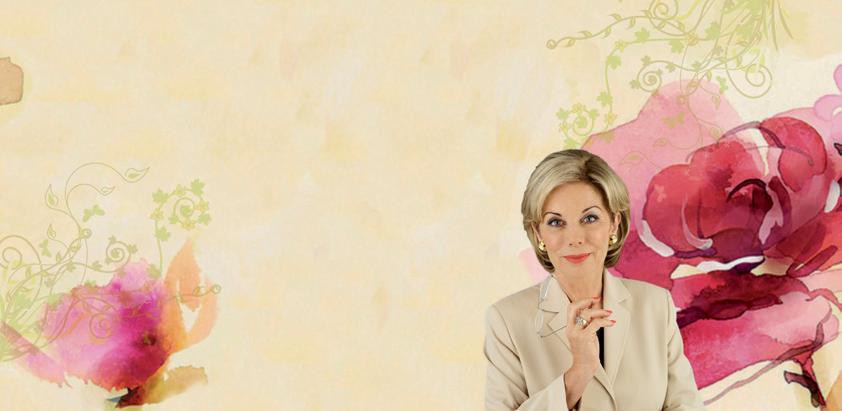

Richards, P W (OM 1951) Righetti, J N (OM 1957)
Ross-Soden, J D (OM 1942) Stephens, C J (OM 1952) Street, A A (OM 1944)
Teh, J A (OM 1973)
Trumble, A A G (OM 1981)
Upjohn OAM, J W McK (OM 1947)
Warburton, P M (OM 1962) Wischer, J D E (OM 1947)

35 Grammar News No. 142 - December 2022
Do you have an obituary to report? Please contact us if you are
of
Obituaries 2010 to present A full list of obituaries from 2010 is available at news.mgs.vic.edu.au For further information and to provide objects contact:
School 355 St Kilda Road
Victoria
3 9865 7658
with Ita Buttrose Australian of the Year 2013 in the stunning Myer Mural Hall
aware
a death in the Melbourne Grammar School community. mgs@mgs.vic.edu.au
Luisa Moscato School Archivist Melbourne Grammar
Melbourne 3004
+61
lamoscato@mgs.vic.edu.au
Valedictory celebrations in 2022
After two years of interruption to many of our School events, it was wonderful to celebrate the contribution our Class of 2022 has made to the School through our traditional valedictory activities this year.
Students, parents and staff enjoyed a Valedictory Dinner at the MCG on Saturday 15 October, with the student reflections being a highlight of the night. A Valedictory breakfast, Eucharist, Guard of Honour, School Assembly and Ceremony were all held on Thursday 20 October.
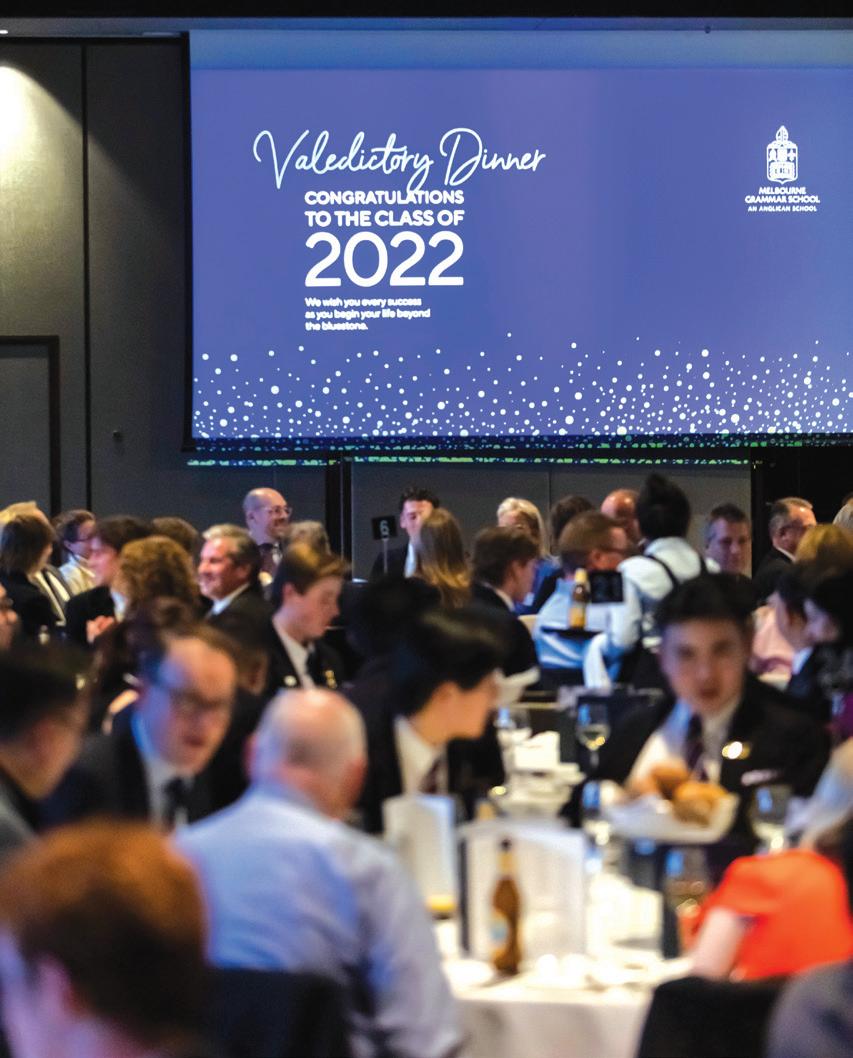

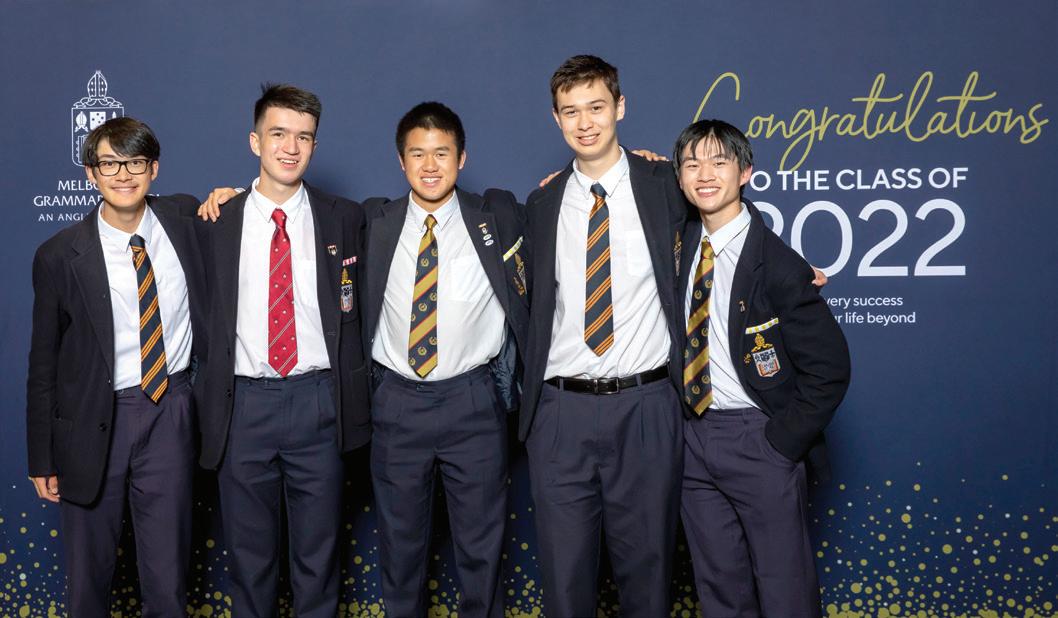
The Class of 2022 has consistently demonstrated enthusiasm and passion for reconnecting their fellow students with the traditions, events and activities which make the School so special throughout this year so the reestablishment of these events was particularly fitting for them.


We say farewell to 207 dazzling young men and wish you well on your path ahead, wherever that shall take you.
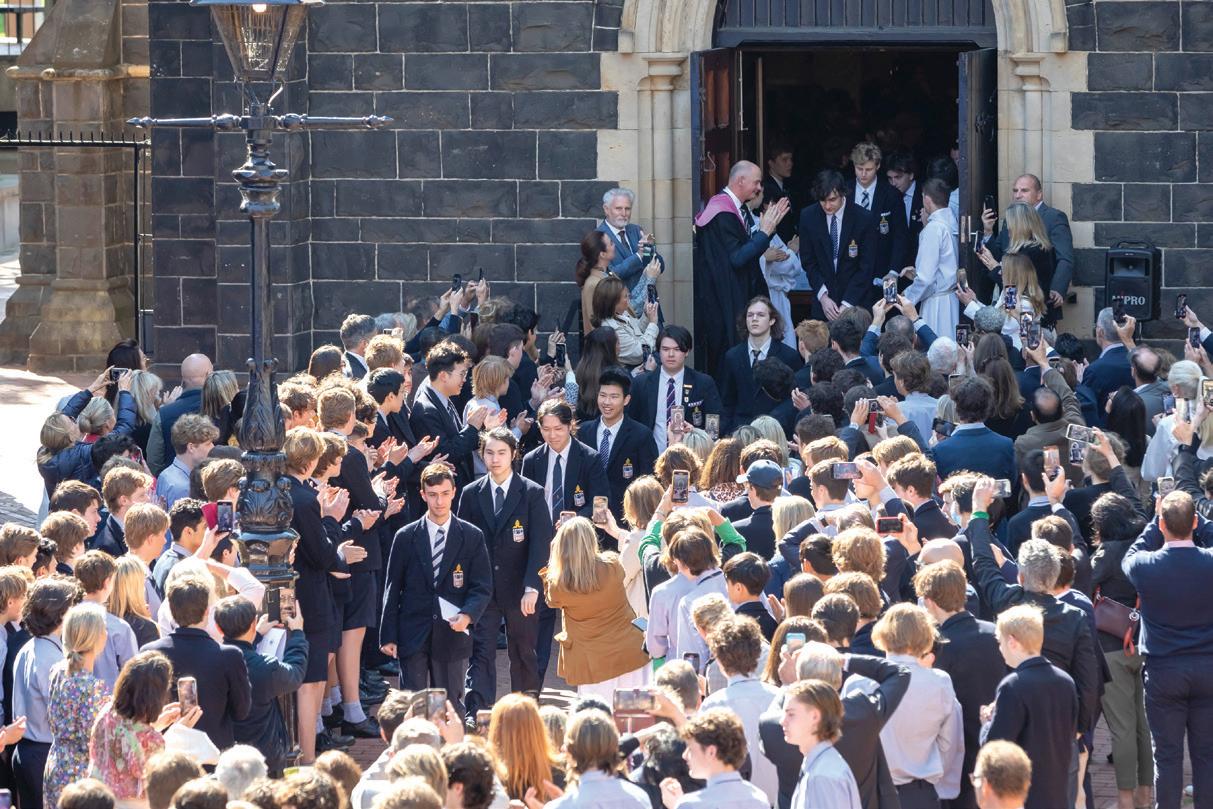
Melbourne Grammar School 36 SCHOOL NEWS
Philanthropic impact
1 October 2021 to 30 September 2022
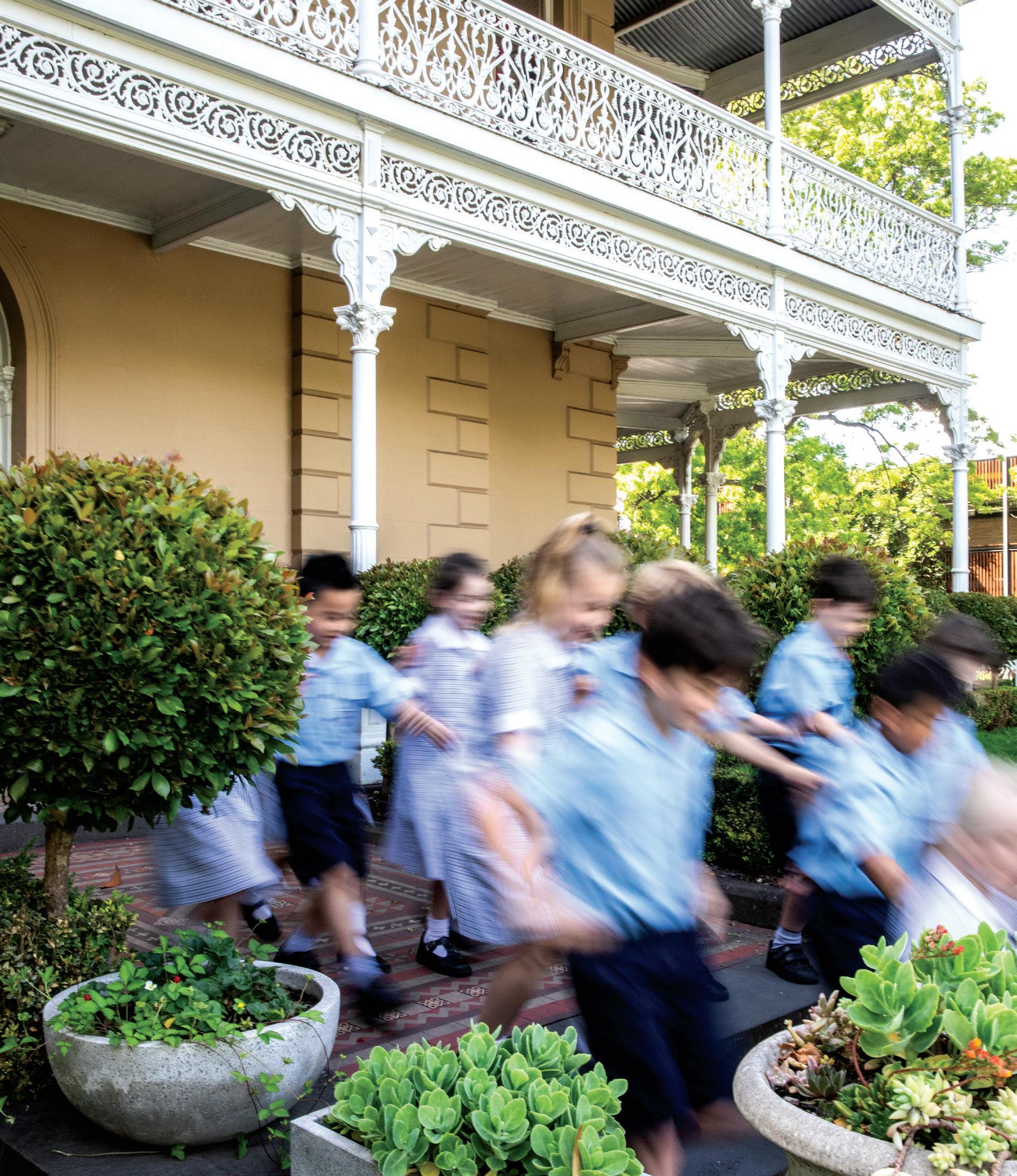
Grammar News No. 142 - December 2022 37
Melbourne Grammar School Foundation
0liver Martin
The Winter Irving Crawford Scholarship was established through a bequest from the late Gavin Crawford (OM 1956). Gavin was a member of the Witherby Tower Society. The Scholarship offers boarding and tuition support for a boarding student, preferably from an agricultural/farming background.

The title of the Scholarship honours Mr Crawford’s father and step-grandfather.
Listen to Oliver say more about the impact of the Winter Irving Crawford Scholarship

38 Melbourne Grammar School
2022 Vice-Captain of the School
If Mr Crawford were still alive today, I’d definitely have to shake his hand and give him a massive hug, because he’s genuinely changed my life. And hopefully, by setting me on a different path, I’ll be able to affect others positively as well.
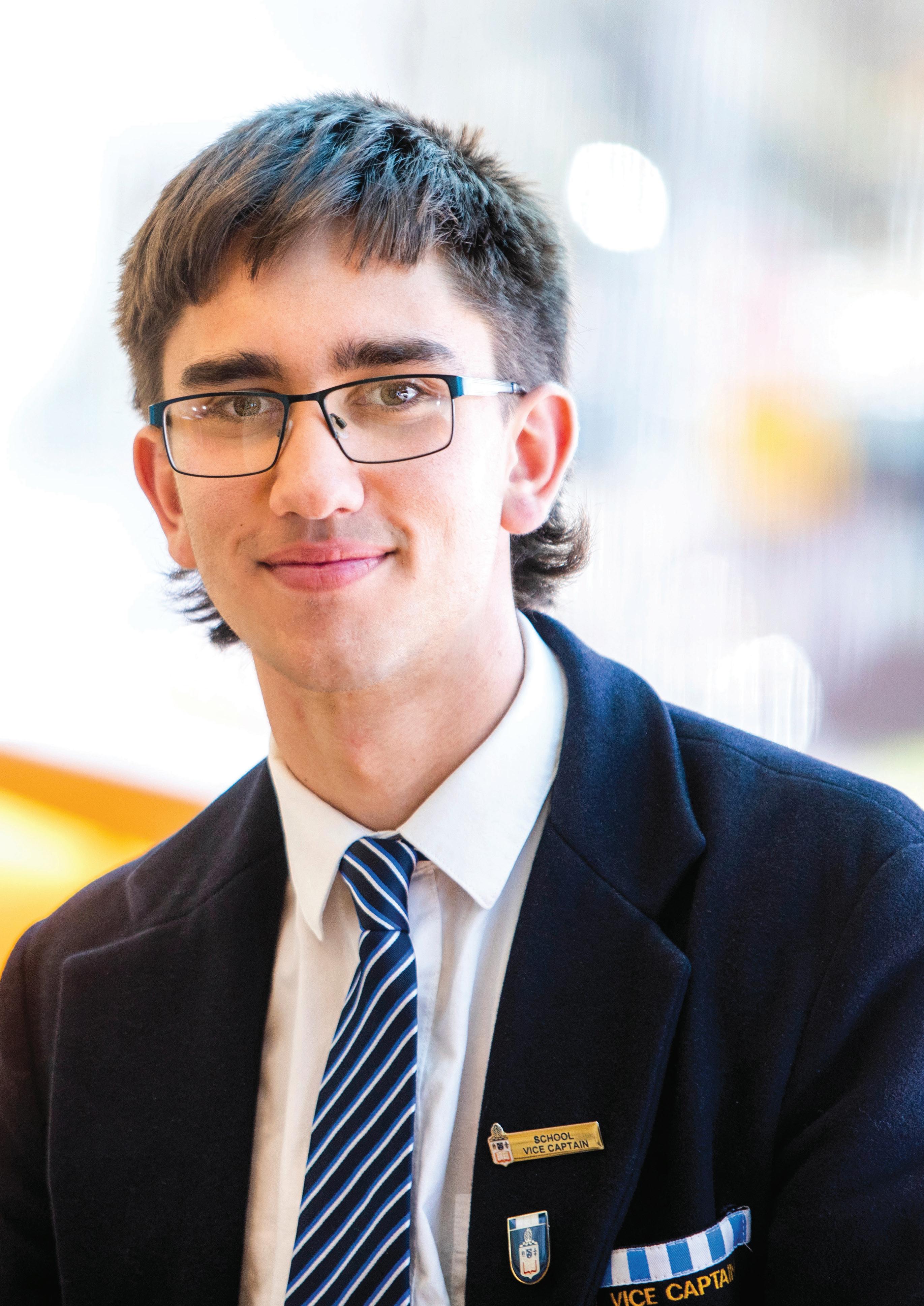
39 PHILANTHROPIC IMPACT Grammar News No. 142 - December 2022
Thank you for your support
Philanthropy is critical to Melbourne Grammar School’s success. Since the School’s earliest days, generous donors have underpinned the School’s commitment to providing a strong, values-based education. This investment has been repaid many times over, as our students have become leaders in their professions, valued contributors to their communities and role models within their homes.
The School’s recently published strategy – Towards 2030 – honours that heritage and provides guidance on how students will continue to receive an exceptional education in coming years. The School recognises the importance of various factors in building a strong and supportive community, including excellent teaching, strong ethics and values, and facilities that best enable our students to reach their potential.
Like many of you, I was shaped by the lessons learnt at Melbourne Grammar. This included the entreaty to act for the greater overall good, with service and contribution to the community being central to that ethos. The Melbourne Grammar School Foundation has exemplified these values for nearly 50 years and continues its passionate advocacy for an outstanding School education. More than 1,150 donors have joined the Foundation since 1974, while we know of 283 people who have declared that they will leave a gift in their Will to the School. This is a phenomenal commitment to the School.
I wish to thank the outgoing Foundation President, Philip Solomon KC (OM 1986), for his outstanding service and generosity over the previous five years. I am honoured to be following in his footsteps at a time when the School is looking to expand its philanthropic horizons. In the years ahead, the School will replace the Rhoden and Neill buildings with a new centre that will be at the vanguard of humanities education in Australia, will provide greater access to outstanding young leaders and will further refine the School’s commitment to Indigenous students. These aspirations will build on a major philanthropic tradition encompassing such transformational gifts as the Witherby Tower and Harleston at Grimwade House.
The post-pandemic return to campus life has been extraordinary and epitomises the leadership provided by the School’s executive, teachers and students. Our next challenge is to translate the strength arising from successfully coping with adversity into a wonderful ongoing school culture that benefits current and future families.
I love Melbourne Grammar School. It has provided me and members of my family with a fantastic education and, crucially, a love of lifelong learning. I have benefitted from the focus on extracurricular activities and the relationships that the School builds between students of different ages and backgrounds. The following pages provide a glimpse of that environment – one deserving of its reputation as a great school.
Thank you for your ongoing support of Melbourne Grammar School.

Melbourne Grammar School 40
Professor Julian Smith (OM 1975) President of the Melbourne Grammar School Foundation
FROM THE PRESIDENT OF THE MELBOURNE GRAMMAR SCHOOL FOUNDATION
Professor Julian Smith
Areas of priority
Scholarships and Bursaries
Providing talented and deserving students from all walks of life with access to our exceptional educational experience.
Melbourne Grammar School Foundation Board
Buildings and Grounds
Developing contemporary, purpose-built learning environments which ignite curiosity.
Indigenous Scholarships and Bursaries
Supporting young Indigenous students’ potential for the future.
02 04
The Endowment Fund
Ensuring the School’s current and emerging priorities are met now and into the future.
Our Foundation Board is made up of members of the School community who actively encourage philanthropy. Board members are informed advocates of, and ambassadors for, Melbourne Grammar School and the importance of philanthropy in supporting and creating the School’s future.
Members of the Board host events organised by the Community Relations Office in support of fundraising priorities and stewardship programs. They possess an awareness of Melbourne Grammar School and its activities, future directions, programs and community.
Members work with the Head of Development to build strong and lasting relationships with benefactors, and to actively thank and recognise current and past donors. They provide visible leadership and set an example to others by making Melbourne Grammar School their philanthropic priority.
Membership
Smith
This report lists donors to Melbourne Grammar School from 1 October 2021 to 30 September 2022. Every effort has been made to ensure accuracy. If an error has occurred, please accept our apologies and contact the Development Office on +61 3 9865 7633 or foundation@mgs.vic.edu.au so that we can amend our records.
41 PHILANTHROPIC IMPACT Grammar News No. 142 - December 2022
Dr
Mr
Mr
Mr
Ms
Dr
Chair Professor Julian
Members Mr Andrew Brookes Mr Michael Cotton
Amanda Day
Damian Ferguson
Jamie Gray
Philip Grutzner Mr Andrew Guy OAM
Fiona Hindmarsh
Shirley Hsieh Mr Andrew Michelmore AO Mrs Alex Scanlon Professor Geoffrey Taylor
01 03
The enduring impact of a single scholarship
Like so many students who are financially supported to attend our School, Kavin Nenh (OM 2015) says the GJ Chestney Memorial Scholarship has shaped the course of his life.
“Being able to come to Melbourne Grammar meant I was exposed to opportunities I never even knew existed,” says Kavin. “I’ve always been a quiet, reserved person who was slightly hesitant to try new things. At the School I was around students who had vastly different aspirations which was inspiring.”
A LEAP INTO A LARGER WORLD
Kavin was encouraged to apply for a scholarship at the School through The Smith Family. Coming from a small primary school, Kavin says the idea of studying at Melbourne Grammar was slightly daunting when he first got the news that he had been accepted.
“My school was so tiny, we didn’t even have a proper sized playground,” he says. “I remember coming to the School for testing and being shocked at how big it was. I was the only one from my school going to Melbourne Grammar, so I knew it was going to be daunting to begin with, but I decided to make the leap.”
Despite his initial reservations, Kavin says he made friends quickly and felt supported by the people around him. “From the start, the Head of Wadhurst and my Head of House would check in to make sure I had what I needed,” he says. “It was great to know that support was there.”
“Over time I gained more curiosity and confidence,” Kavin adds. “I never thought I was particularly sporty, but I had the opportunity to pursue tennis, along with music, debating, and a whole range of other activities. I got to try things I never thought I’d be good at, but ended up really enjoying.”
HOW A SINGLE SCHOLARSHIP BENEFITS MANY
Having just finished his Juris Doctor at Melbourne Law School, Kavin says he believes financial support like the GJ Chestney Memorial Scholarship can have an impact well beyond the individual.
“I do think there’s a flow-on effect –it’s something that benefits society as a whole,” he says. “Students from backgrounds like mine end up with better opportunities, and when they take their place in the community, they end up providing a different perspective from those who may have been fortunate their whole lives. This is particularly true in an area like law, where there hasn’t always been diversity in terms of the people who hold senior positions. I think I can add to how we understand the application of law in this way.”
Reflecting on his time at our School, Kavin says it is difficult to express the gratitude he feels towards the generous donors behind his scholarship, Malcolm Chestney (OM 1949) and his wife, Pat.
“I can’t imagine being where I am today had I not gone through Melbourne Grammar,” Kavin says. “I’m so grateful to have had the opportunity, and I hope one day I’ll be able to pass on the support I’ve had to someone else.”
About the G J Chestney Scholarship
Malcolm Chestney (OM 1949) established the GJ Chestney Scholarship in honour of Malcolm’s late father, George James (Jim) Chestney (1904-1973) in 2015.
“My father was a farmer in Gippsland Victoria who also served in the armed services during WWII, during my education. My mother worked in the city as a secretary,” explains Malcolm. “It was financially quite remarkable that my parents were able to send me to Melbourne Grammar as a boarder, given the difficult economic circumstances that existed during this period.”
The scholarship provides for a day student with demonstrable financial need throughout their time at the School.
Malcolm has also included a gift in his Will to the Endowment Fund to support the School’s priorities as they arise in the future. Malcolm has been a member of the Witherby Tower Society since 2001. The Witherby Tower Society honours those who have left a gift in their Will to Melbourne Grammar and encourages others within the community to do the same.
If you are interested in finding out more about establishing a scholarship at Melbourne Grammar, please contact:
Chris Weaver
Senior Philanthropy Manager
+61 3 9865 7633
cdweaver@mgs.vic.edu.au
Melbourne Grammar School 42
PHILANTHROPIC IMPACT
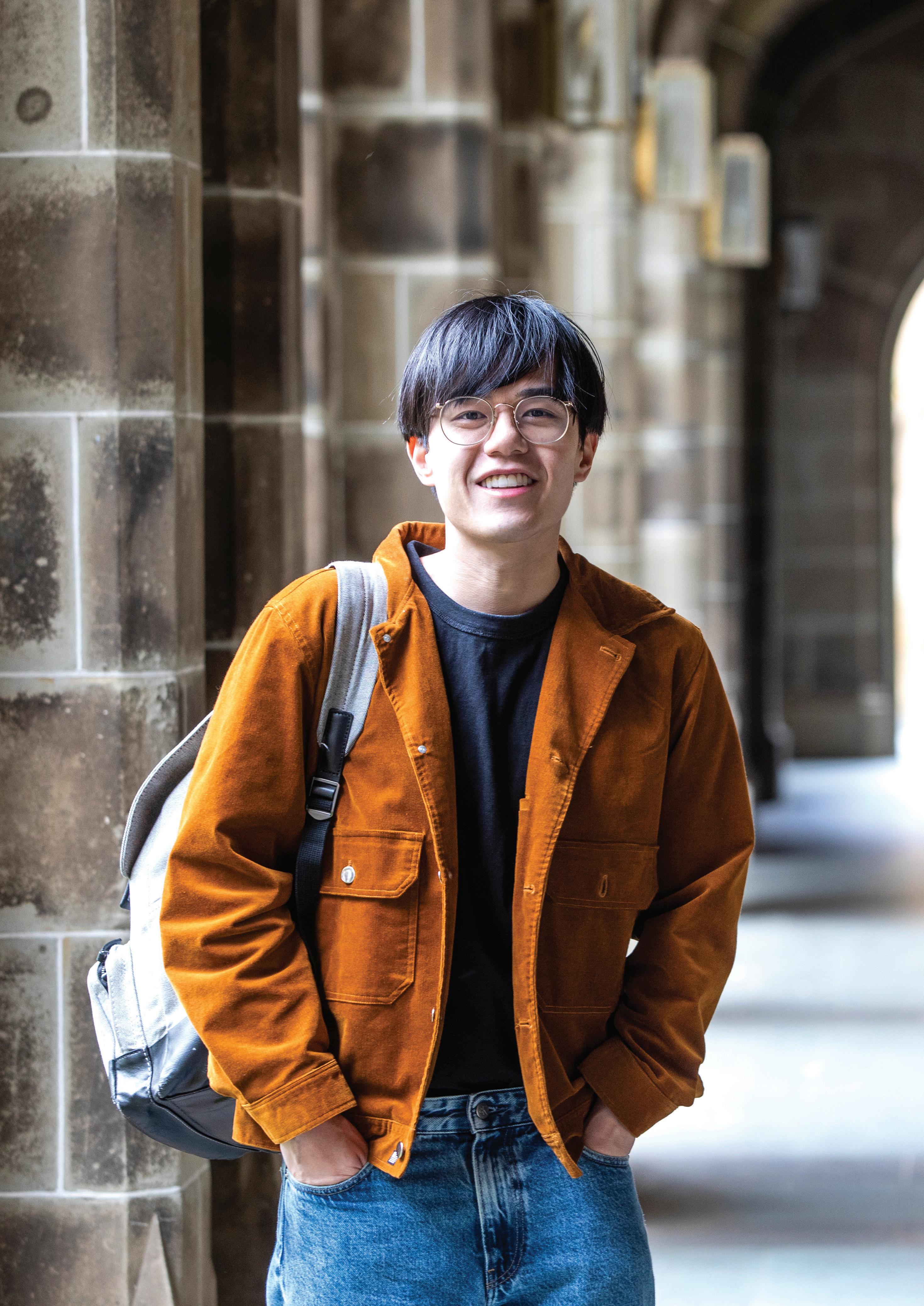
43 Grammar News No. 142 - December 2022
Witherby Tower Society Committee Members
Chair
Mr Jim Cousins AO
Members
Mrs Robyn Alder
Mr Marc Cuming
Mr Richard King AM
For a confidential conversation with a member of the Witherby Tower Society committee about including a gift to the School in your Will please contact:
Roni Baird
Manager, Bequests and Donations +61 3 9865 7632
vgbaird@mgs.vic.edu.au
Witherby Tower Society members
The Witherby Tower Society honours those who have chosen to continue their legacy by remembering the School in their Will.
Since its establishment in 1995, the Society has welcomed 283 members. We thank all Witherby Tower Society members – past and present – for their visionary support of generations of Melbourne Grammar School students.

14 Anonymous Members
Mr D A Adams
Mr P F Aldred
Mr D G S Anderson
Mr A M S Armstrong Mrs B Arnold
Ms A E Badger
Mr D F Barnett
Mr M E Bartlett
Mr R D Besley
Dr J B Best AO
Mr T E Blamey
Mr J S M Bolton
Mr P Bradley
Mr A D Brookes
Dr J D L Brookes
Dr P B Brown AM Dr W G Brown Mr R M Bunn
Mr J M Capp OAM
Dr R P L Carey
Mr M J Chestney
Mr C G Clark AO
Mr C A Cooper Mrs E A Cooper Mr P J Cooper Dr C D Cordner
Prof S M Cordner PSM
Mr J G Cousins AO
Mrs E A Cousins AM Mr P Couzens
Dr J R Cumpston
44 Melbourne Grammar School
Mr J M Dale
Mr A C Darbyshire AM
Dr B P Davie
Mr W P Day
Capt G W Dempster
Mr S A M Derham
Commodore J S Dickson AM
MBE RAN Rtd Mr N C Dobbie Mrs E Downes
Mr G R Embelton
Mr J G Fairchild
Ms S Felton
Mr K McR Forge
Mr P C Fowler
Mrs L Freeman
Mr D E Gallagher Mr H G Gerrard
Mr P S Goodman Mr D W Goss Mrs S Gray
Mr P J Greer
Mr K C Griffith
Mr F S Grimwade
Mrs M J Grummet
Mr A F Guy OAM
Mr N D Guyatt
Prof R K Hall OAM
The Hon H R Hansen AM
Mr J R Harry OAM
Mr J Hasker AM
Mr J P Henderson
Mr H G Henshall
Mrs J Hiscock
Mr S G Hiscock
Mr G W Hone
Mr F M Horne
Mr G R Howard Mrs J J Howard Mr R J L Humphris
Mr I H K Ingham
Dr A R Jackson AM Ms L Joyce Mr M D Joyce
Mr B N Kerr Mr B J Kibby Mr G H Kimpton Mr J V Kimpton AM
Assoc Prof R W F King AM
Mr W D King Mr P M Kudnig
Emeritus Prof R G Larkins AC
Mr A L Lazer AM Mr N C Lee OAM
Mr J B C Leviny Mr R W Liddle Dr P C Lugg
Mr A Mackay
Mr J A Macnaughtan RFD
Mr J G Marks
Mr A R Massina
Mr I B McDonald Mr E S Millear Mr E J Miller Mr P A Mishura Mr S D H Morell
Mr H M Morgan AC Dr C W Morris
Mrs E E Nelson Mr T J Nelson JP Mr D G Nicoll
Mr A E Paine
Mr J B Parncutt AO
Mrs P J Peck
Mr T W J Pepper Mr B W Phillips Dr A J R Prentice Mr R J Prince
Mr J G Ralph Dr L J Reeve Mr M A Reid
Mr A G Richards Mr J B Richardson Mr F A Roberts OAM Dr R W Robinson Mrs C Rosengarten Mr P F Russel Mr R McR Russell Mr I M Rutherford Mr G L J Ryan
Mr J E Scott-Mackenzie Mr S Seward Mr A P Sheahan AM Ms D A H Sims Mr R A Slater AM RFD Mr D J Smart Mr A B Smith
Mr A J Smith
Mr P H Solomon KC Dr A L Speirs Mr J C Streeter Mr R M Stuart
Dr J G Stuckey Dr R L C Sutcliffe
Mr D A H Temple Mrs D J Thomas Mr L R Thomas
Mr J Velos Mrs A Velos
Mrs C M Walter AM
Mr J Mc I Walter
Mr C C Wang OAM
Mrs B L Ward-Ambler
Mr C R Ward-Ambler AM Mr B M Watson Mr G N Webb Mr N G Webster Mr B C J Wee Mr S K Wilson KC Mr G D Z Woinarski
45 PHILANTHROPIC IMPACT
Grammar News No. 142 - December 2022
Tower Society members continued...
We honour and acknowledge members of the Witherby Tower Society who are deceased, and thank them for the legacy they created so their generosity can continue beyond their lifetime.
Mr A H G Armstrong
Mr M J Arnold
Mr H C Barrett
Mr G L Beaumont
Dr E L G Beavis
Dr J H W Birrell ISO
Mrs J M Boothby
Mr A D Brookes
Mrs M C Brookes
Mrs J Brumley
Dr J W Carre-Riddell
Mr I K Christian
Mr H E Clark JP
Mr A G W Coleman
Mr J V Connard
Dr D P Cordner
Mr J P Cordner
Mr J A Court
Mr G R Crawford
Mr N A H Creese AM
Mr G A Cunningham
Mr R D Davidson AO OBE
Mr A N Davie
Mr A J Day
Sir Peter Derham AC, KStJ
Mr N S C Deschamps
Mr G S Dixon
Dr W A Dott
Mr B S Dyson
Dr B R Elliott
Mr A Eustace OAM
Mr D J Field
Mr R W Fletcher
Mr J R Franklin
Mr B S W Freeman
Mr B I Gandy
Mr R H Gardner
Mr T J Gillespie
Mr W H Goss
Mr J B Gough AO
Mrs R Gough
Mr J W Gourlay
Mr B A Graham
Mr P R Gray
Dr J C Grimwade
Mr A D Grummet AM
Mr A B Grutzner
Mr A W Guest
Dr G N Handbury AO
Dr I T Harper
Mr A G Hilford
Mr A G Hiscock
Mr D M Hocking
Mr P H Houghton
Dr P M Johansen Dr R B King
Dr C R Laing
Mr J M Lamb Mr G E Limb
Mr F R H MacDonald
Mr J N Marks
Dr M M McKeown
Mr A B McMullin
Dr D P Merfield
Mrs J Minson
Mrs A Mitchell
Mr G F Mitchell
Mr K A Mitchell
Mr P R Mitchell AM
Mr W M Mitchell
Mr A W Moore
Prof C E Moorhouse AM
Mr R Neville-Smith
Mr S F Newman OBE
Mr G M Niall AO
Brig H R Officer
Mr G S Peck
Mr N H Peck
Mr N H Peck AM Mr A B Perkins
Mrs J Perry Mr H M Ponsford
Mr J B Porter Mr R T Potter Mr H I Prince
Mrs A E Relph Mr N E Renton AM
Mr P W Richards Dr A T Rose OAM
Dr D S Rosengarten Mr P B Rosenhain DFC
Dr D H F Scott AO
Mr I T D Sheen
Mr P R Siminton
Brig M B Simkin CBE KStJ
Dr J Smibert
Mr A A Smithers
Mr P S Staughton
Mr A W Stewart
Mr F R G Strickland AM, OBE KStJ
Mr F G Stuart Mr R B Stuart Mr P C Stubbings
Mr H A Tartakover
Mr T C Tucker
Mr J H Wall
Mr H L Wallace
Mr M Wallace-Mitchell
Mr A C Weber
Mr R Weir
Mr G C Wenzel
Capt J L White
Mr P L Wilhelm
Mr J E Wilkie JP
Dr P F Williams AO
Mr R C W Williams
Rev D J Woodbridge
Realised Bequests
from 1 October 2021 to 30 September 2022
Estate of Arthur Neville Davie
Estate Brett Freeman
Estate of Peter R Siminton Estate of T C Tucker
Estate of Richard T Potter Estate of Margaret Michelmore
Estate of Leslie Gladstone Estate of Robert R Weir Estate of Robin Charles Winfield Williams
46
Melbourne Grammar School PHILANTHROPIC IMPACT
Witherby
A legacy of contribution
For Jim Cousins AO (OM 1961), a life of community service has simply been a matter of taking on the next challenge.
“Early in married life, my wife Libby (Elizabeth) suggested I start putting my hand up to contribute to the actual work of committees that I was involved with and, since then, I don’t seem to have taken my hand down!” says Jim. “Our life seems to have been a series of moments of being in the right place at the right time, and when help has been needed, we’ve been able to offer that assistance.”
SERVICE ACROSS THE ARTS AND BEYOND
The kind of assistance Jim refers to has involved much more than good timing. He has served across the arts sector for many years, chairing the boards of, among many diverse institutions, The Australian Ballet and Melbourne Recital Centre. In 2004, Jim was awarded an Officer of the Order of Australia ‘for service to arts administration, particularly as a major contributor to the National Gallery of Victoria, and to the community of Geelong’. Libby was also recognised for her service in 2021 through the awarding of a Member of the Order of Australia ‘for significant service to the community through charitable initiatives’.
Jim’s service to Melbourne Grammar includes membership on the School Council from 2012-2018. It was during this term that he was able to contribute to a project that transformed our School.
“Perhaps the project I am most proud of, from an Old Melburnian perspective, was chairing the committee responsible for building the Geoff Handbury Science and Technology Hub,” Jim says. “This only came about through the work of a visionary Council, my hardworking Committee, and most importantly, a dedicated group of fundraisers. Without those funds, it couldn’t have happened.”
SHARING THE VALUE OF CONTRIBUTION
Jim and Libby were early members of the Witherby Tower Society and he now serves as Chair of the Witherby Tower Society Committee. “Libby and I see leaving a bequest to the School as being a natural extension of gratitude for my education and the opportunities it afforded me at School and beyond,” says Jim.
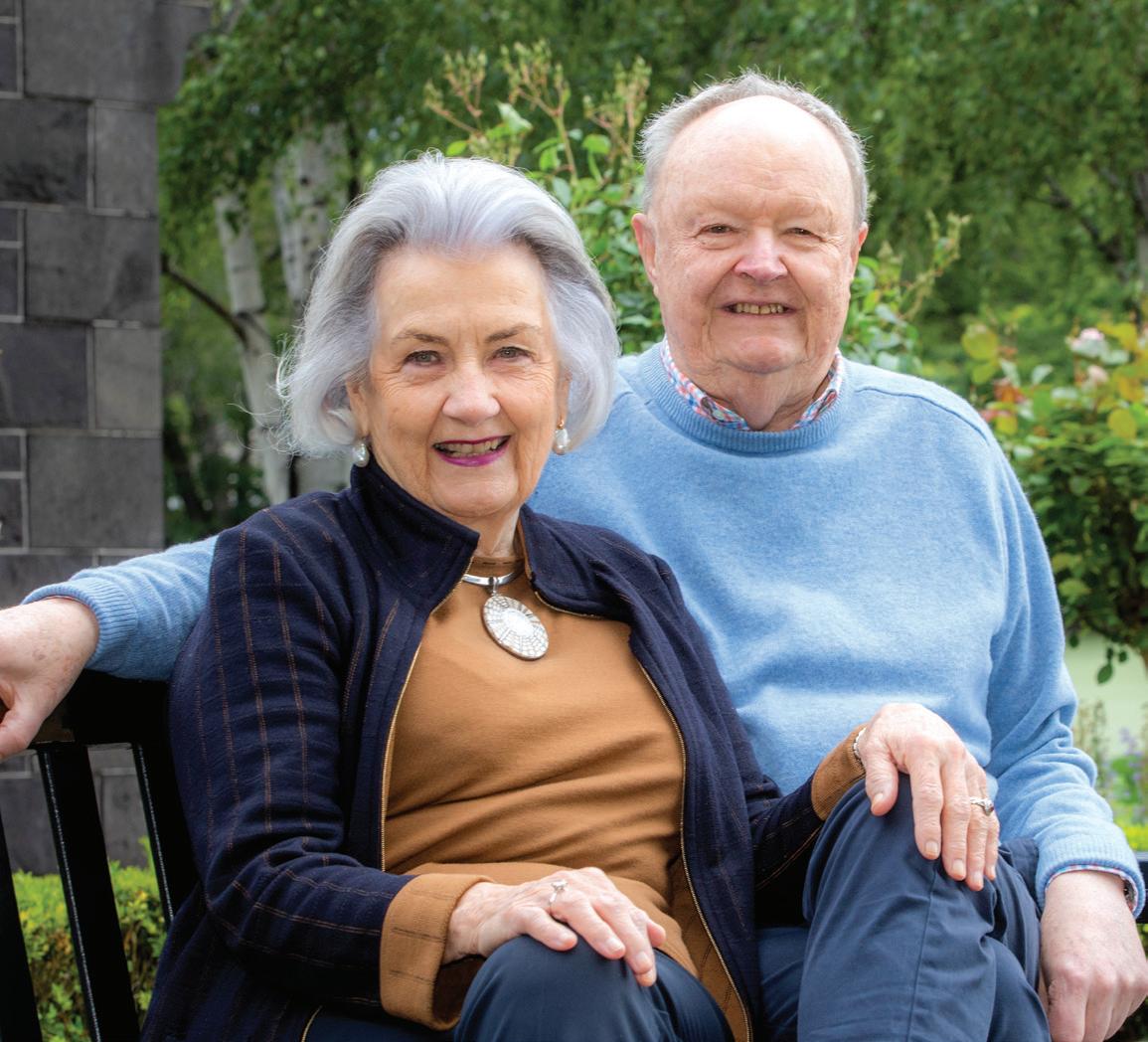
“Not everyone has the capacity to offer a gift to the School during their lifetime,” he says. “The Witherby Tower Society offers like-minded people the opportunity to come together and learn more about the School’s current priorities and future direction, and to become enthused as to the value that can be derived from a future bequest.”
“I was fortunate enough to be given a scholarship in the later stages of my education at Melbourne Grammar when I needed it, and have always felt indebted to what it allowed me to do later in my life.” Jim adds.
“It’s great to see the broad spectrum of students who are part of the School community today, and the achievements provided through bequest funding, and I am very proud that the Witherby Tower Society is contributing to that,” concludes Jim.
If you would like to find out more about leaving a gift to the School in your Will, please contact:
Roni Baird Manager, Bequests and Donations +61 3 9865 7632 vgbaird@mgs.vic.edu.au
Grammar News No. 142 - December 2022 47
I’m a great believer in programs like this because they mean our School can remain stable, and provide for students in the long term.
I love playing the cello. The sound is really beautiful. I intend to keep playing the cello for a very long time. We are not a music family so I found playing the cello difficult at first but as I continue to learn and understand reading and playing the music, I find it gets a bit easier each time. I felt excited and happy when I was told I was given the award. It has encouraged me to try even harder. Thank you to the Connell family for this generous scholarship. I am really honoured to receive it.
0livia Anderson, Year 5
The Lily Connell Music Prize was established in 2007 by James and Emma Connell in loving memory of their daughter Lily Connell, a Grimwade student who had a passion and love for music. The scholarship provides music tuition for one year and is awarded annually to a Grimwade House student.
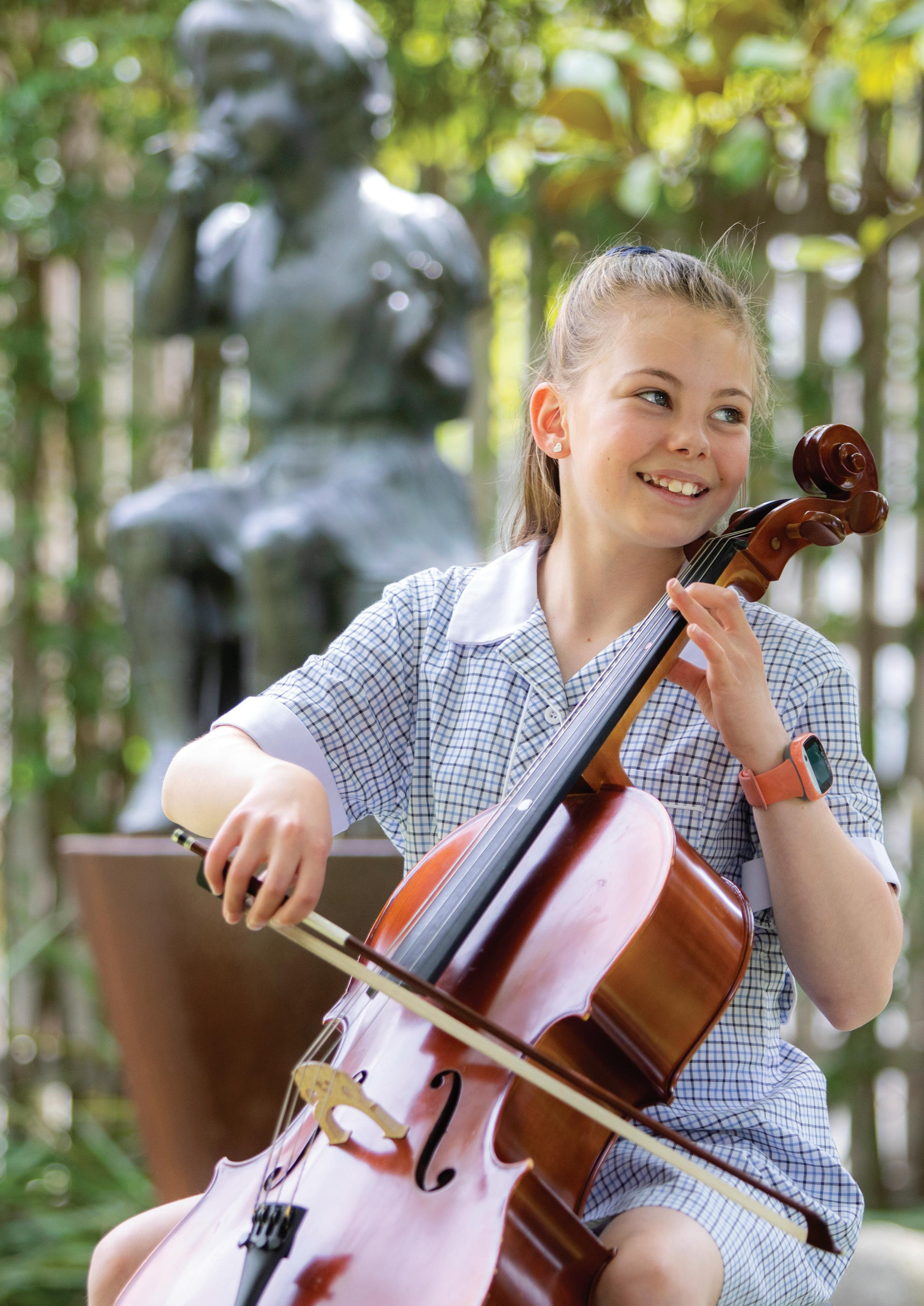
48 Melbourne Grammar School
Melbourne Grammar School donors
Thank you to the many members of our School community who supported philanthropy at Melbourne Grammar School from October 2021.
Every gift, no matter the size, is helping to continue the School’s history of excellence, and is providing educational opportunities to future generations of students. We are pleased to acknowledge the following donors and thank you for your commitment to the future of Melbourne Grammar School.
INDIVIDUAL DONORS
Mr J R Adler & Ms K Gada
Assoc Prof R Alpitsis & Dr G Y Chan
Mr M L Archer
Mr M J O Armstrong
Mrs R & Mr F Armstrong Mr G R Arnold Mr J B M Arrowsmith AAPI
Ms A E Badger
Ms K M & Mr T Barnett Dr D R E Barraclough
Mr C R & Mrs G Barrett Mr M E & Mrs M G Bartlett
Mr D J Batt KC & Dr C A King
The Hon J M Batt AM & Mrs M Batt
Mr A C & Mrs K A Beggs
Mr M & Mrs L Belford
Ms J K Block
Mr A Boake Mr L R Bodinnar JP Mr H J Booth Dr M M Borten OAM Mr A K Bostock
Mr P Bradley Mr A D & Mrs R M Brookes
Mr J H H Brookes
The Late Mrs M C Brookes Dr J D L Brookes
Mrs Y Cai & Mr J Huang
Mrs E J Calvert-Jones AM & Mr J Calvert-Jones AM Dr P D V & Mrs K Canty
Mr A & Ms M Cartel Mr H Chen & Ms J W Xu Mr J N Chen & Mrs N H Srey
Mrs J Chen & Mr C R Zhou
Dr P W Cheung & Ms L Ng
Mrs M H A Claisse & Dr M P Garrett
Mr C G Clark AO & Ms M E McDonald
Mr I C Cochran PSM Mr E R Colson
Mrs F J & Mr P X Connor Mr C A & Mrs E G Cooper Mr P Couzens
Mr A R & Dr N Crawshay Mr W A Cuming & Ms R Y Moloney Mr S W Cumpston
Dr R W Danby Dr B P & Mrs V A Davie Dr C R B Day & Ms E Everest Dr A L & Major B J W Day Mr A M & Mrs L M Dinelli Mrs E C & Mr A J Douglas
Mr J M Dowling AM & Mrs R Dowling
Commodore M H Dowsett AM
Ms S E Draper & Mr R M Ponsford Mr M J Duke
Mr D M & Mrs A K A Elam
Mrs P A Faulkner & Mr C N Faulkner
Mr J Feng & Ms Y Guo Mr C M Finlay
Mr G W Fisher & Ms H L Bird
Mr A J S Fraser Mrs L Freeman Ms J R S Froomes &
Dr N D Houseman
Mr C C Furphy OAM & Mrs C J Furphy
Mr D E & Mrs V Gallagher
Mr G O & Mrs D Gillard
Mr S F & Mrs M G Gooley
Mr J W & Mrs R M Gray
Mr D L J Greagg
Dr P B Greenberg OAM & Mrs Y Greenberg
Mr C J Greenwood
Mr P M Grutzner & Dr Y Layher
Mr B Gu & Ms G Geng
Dr A L Hamilton
The Hon H R Hansen AM & Mrs R M Hansen
Dr R F Haskett
Mr G F Hayes Mr N M & Mrs E Heath
Mr J P & Mrs K J Henderson Mr P D Herzfeld
Mr M A Hibbins & Ms M E McCutchan
Mrs S & Mr S Hiladakis
Mrs A & Mr T B Holt
Mr G W & Mrs A A Hone
Mr B F G Hopkins OAM
Mrs J Horgan & Mr P Wetenhall
Mr F M Horne
Mr M J Horne
Mr S R L Howell
Mr J Huang & Mrs Y Cai Mr H G Hurley
Grammar News No. 142 - December 2022 49 PHILANTHROPIC IMPACT
1
October 2021 to 30 September 2022
Mr B J C Ingleton
Mr D M & Mrs K M Jackson
Dr M & Mrs S M Jalland
Dr P J & Mrs S G Jenkins
Mr J H & Mrs J O Jesson Mr I T Johnson
Mr C L & Ms B F Junot
Dr E & Mrs C Karpathakis
Mr G & Mrs M D Kasikovic
Mr W T V & Mrs M Kendall
Mr P J Kennon KC & Mrs W Kennon
Mr G H Kimpton
Mr J V Kimpton AM & Mrs D Kimpton
Assoc Prof R W F King AM & Mrs A J King
Mr A Kirkham AM, RFD, KC
Mr D A & Mrs D P Klempfner Mr D A & Mrs T E Kogler
Emeritus Prof R G Larkins AC & Mrs C Larkins
Mr D J C K Lee
Mr J B C & Mrs E Leviny Mrs L Li & Mr K Zhang Mrs F & Mr X Li
Mr R W Liddle
Ms M Lin & Mr L Dong Mr P G Lovett
Mr A G Lowe
Mrs J A & Dr P J Lowthian
Dr A H & Dr L G Macindoe
Mr R A & Mrs S J Mackay
Mr C Mao & Mrs X Lin
Dr A W Mar & Dr J Yang
Ms S J McDonald & Mr M F Robinson
Mr R J McKaige
Prof W H Melbourne
Mr M A Merunovich & Ms S F Palmieri
Mr J & Mrs T Mifsud
Mr E J & Mrs A Miller
Mr P A Mishura
Dr J A Mitchell & Mr J Bright
Mr P S Moss AM & Mrs B Moss
Mr G & Ms P M Musgrove
Mr P D Nave
Mr G P & Mrs S M Nedovic
Mrs E E Nelson & Mr T J Nelson JP
Mr G E Ogilvy
Mrs L P Olle & Mr A J Craig
Mr A E Paine
Mr J A Pattison
Ms K M Payne & Mr M A Grant
Mr N D & Mrs A Power Dr A J R & Mrs V Prentice
Ms M L P Rana & Mr M S Thompson
Mrs L F & Dr K Rees
Mr A G & Mrs S M Richards
Mr J B & Mrs J Richardson
Mr R D Robbins
Mr H C Rogers
Mrs P J Rogers Mr J S & Mrs N A Rosham
Prof J P Royle OAM MBBS FRCSE FRCS
Dr P B Rumpf
Mr I M & Mrs M H Rutherford
Mrs P & Mr G Sargood
Mr D D Scott & Mrs M Ly Thi
Ms T M Seary & Mr C J Lynch
Mr S & Mrs W Seward
Prof J A & Mrs S A Smith Mr P H Solomon KC & Dr R Solomon
Mrs E & Dr C Sotiropoulos
Mrs L T & Mr M J Stack Dr H G & Mrs D I Standish
Mr R L Stanton
Dr A J Stewart
Mr P J Stirling & Ms K F Kane Mr J A Stokes
The Late Hon A A Street Dr J G & Mrs S Stuckey Ms C Sun & Mr M Song
Mr M A Syme
Dr Z Tan & Prof B C V Campbell
Mr A J W Taylor
Prof G N Taylor & Ms M Eden
Mr J M & Mrs S Taylor Mr P & Mrs S Temay
Mr D A H & wMrs V F Temple Mr S N Temple Mr F B Thomas
Mr R B Thomas AO & Mrs K Thomas
Mr C R Thompson & Ms P R Dunn
Mr E F C Thompson
Mr E & Mrs S J Tong Mrs J Trim
Mr J G Tucker Mr K R Tully Mr C C & Mrs A B Turnbull Mr P D Turnbull
Mr I R & Mrs P N Ward-Ambler
Mr C D & Mrs S J Weaver
Mr G N Webb
Mr R L & Mrs G R Webb
Mr N G & Mrs J Webster
Mr C C H Wee & Ms Y Liew
Mr D C Wettenhall
Mr A M Whitton
Mr J P Wickham
Mr R J C & Mrs C A Wilson
Mrs S C & Mr A C Wilson
Mr G C Wing
Mr G D Z & Mrs M A Woinarski
Mr B S C Wong & Ms S Yap
Assoc Prof C & Mrs M Wong Mr R D S Workman
Mr A A Wright Ms R Wu & Mr Y Huang
Mr X Xu & Mrs X Meng
Mr J Zentner & Mrs J Black Mrs N Zhang & Mr T Tao Ms Z Zhang & Mr F Wu Mr J Zhou & Ms M Sun
Five Anonymous Donors
Melbourne Grammar School 50
PHILANTHROPIC IMPACT
Melbourne Grammar School donors continued...
ORGANISATIONS AND TRUSTS
The School’s donor community is made up of many supporters, which includes Organisations and Trusts who share common values that enhance education at the School. Thank you to the following Organisations and Trusts which support Melbourne Grammar.
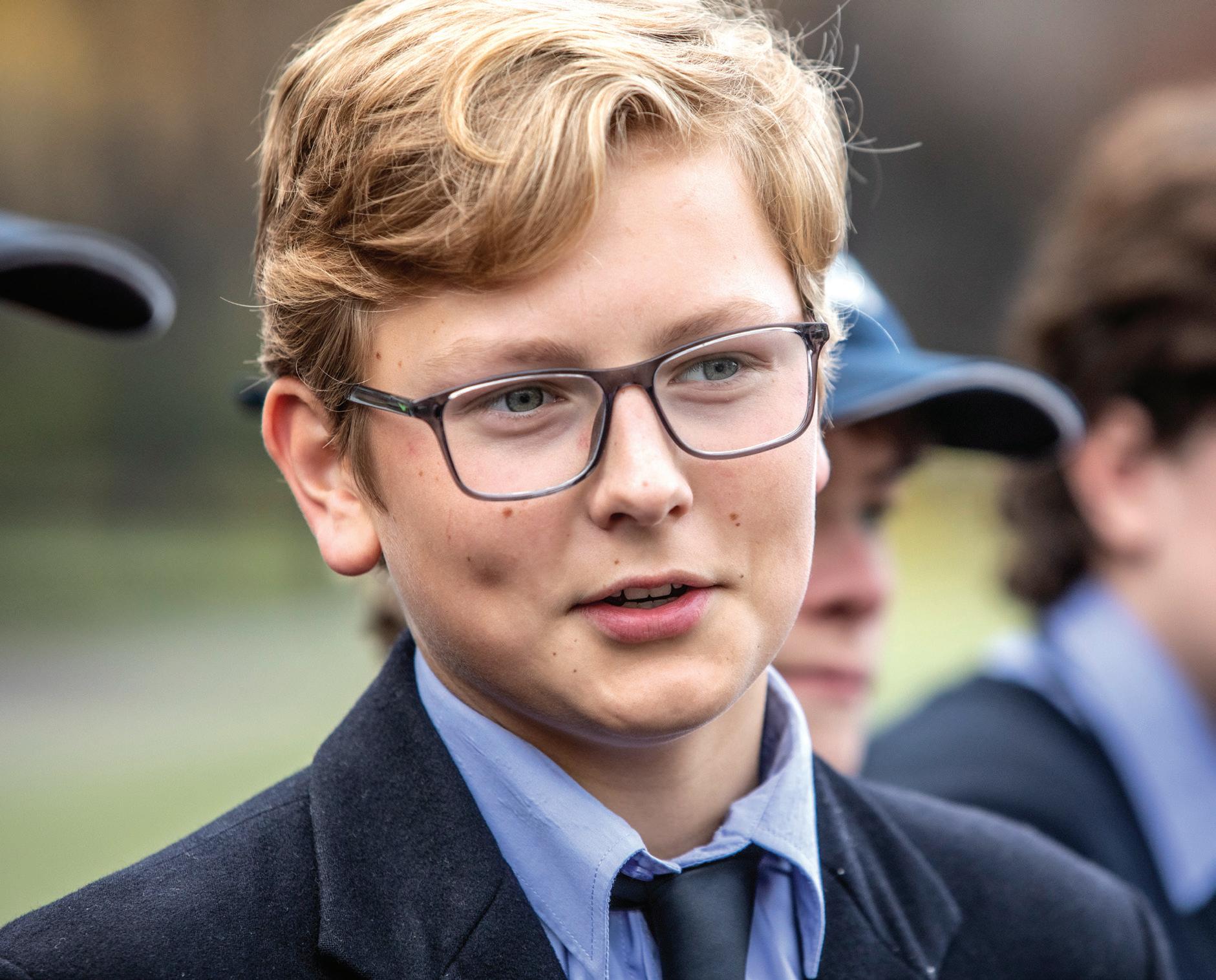
Antipodean Family Foundation
Arthur Gordon Oldham Charitable Trust
Australian Sports Foundation
Boncal Family Foundation
British Schools & Universities Foundation
The Brougham Family Foundation
RL Curthoys Trust Fund
Diversity Council Australia
Friends of Grammar – Grimwade House
Friends of Grammar – Senior School
Friends of Grammar – Wadhurst
Gearbox Arts
Gourlay Charitable Trust
Perpetual Trustees Victoria Ltd
The Marian and E H Flack Trust
Macquarie Group Foundation
The Melbourne Foundation
The Sir Wilfred Brookes Charitable Foundation
Grammar News No. 142 - December 2022 51
Foundation Circle members
We are a school built on a strong tradition of philanthropy. We gratefully celebrate the leadership and generosity of the following philanthropists.
These individuals, foundations and organisations have, since the establishment of the Melbourne Grammar School Foundation, made philanthropic contributions at an outstanding level.
Mr N R Adler AC & Mrs F Adler
Estate of Mr R W A Alcorn
Mr D G S Anderson
The Aranday Foundation
Mr A C Archibald KC & Mrs M Archibald
Australian Indigenous Education Foundation
Mr A C L & Mrs S Ballantyne
The Late Mr R C H Brookes
Estate of Mr A R W Butcher
Estate of Mrs Ivy May Callaway
Mr M J & Mrs P Chestney
HSL Clark Charitable Trust –The Warren Clark Bequest
Mr P G Clemenger AO & the Late Mrs J Clemenger
R L Curthoys Trust Fund
The Late Mr R D Davidson AO OBE
Mr C J Dowd AM & Mrs W Dowd AM
The Late Mr B S Dyson
The Alfred Felton Bequest
Friends of Grammar - Senior School Estate of I E Giles
The Late Mr T J Gillespie
The Late Dr G N Handbury AO & The Late H Handbury AO
Geoff and Helen Handbury Foundation
The Higgins Family
Estate of Mr R R Hinds
Mrs J Horgan & Mr P Wetenhall
Mr J Y Lin & Dr S C H Hsieh
Mr A Mackay
Estate of Dr M W M McKeown
Estate of Mr R E McQuie
Mr A G Michelmore AO & Mrs J H Michelmore AO
The Late Mrs Margaret Michelmore
The J T Morrow Memorial Education Trust Estate of Mr E Newton
Mr J B Parncutt AO
The Late Mr N H Peck AM & Mrs P J Peck
Estate of Mrs A E Relph
The Scanlon Foundation Estate of Peter R Siminton
Mr C J Smith OAM & Mrs C Smith
Lady M Southey AC
The Old Melburnians Society
Mr L R & Mrs D J Thomas
Estate of Mr A C Trumble
Estate of Mr J H Wall
Mr C R Ward-Ambler AM & Mrs B L Ward-Ambler
Mr B F Watson AO & Ms E B Le Maistre
The Late Mr W M Williams Winter-Irving Crawford Trust Woomera Education Scholarship Trust John & Myriam Wylie Foundation Yulgilbar Foundation
The Late Mr A S Zoller
Melbourne Grammar School 52
PHILANTHROPIC IMPACT
My scholarship has made me realise the value of philanthropy, and the value of all the former students who donate to the School to provide opportunities to students – now and in the future. I definitely feel inspired to give back to the School someday, too. But philanthropy is not just something that provides a future for the School. It’s also very much present within the School right now. Our volunteer programs include working with people in need, with homeless people, with students experiencing reading difficulties. That all builds to a great culture of giving back.
Jaden Taveira, Year 11
Jaden is a scholarship recipient supported by the RWA Alcorn Bequest. Richard Alcorn included a Gift in his Will to provide students with an exceptional Melbourne Grammar education.
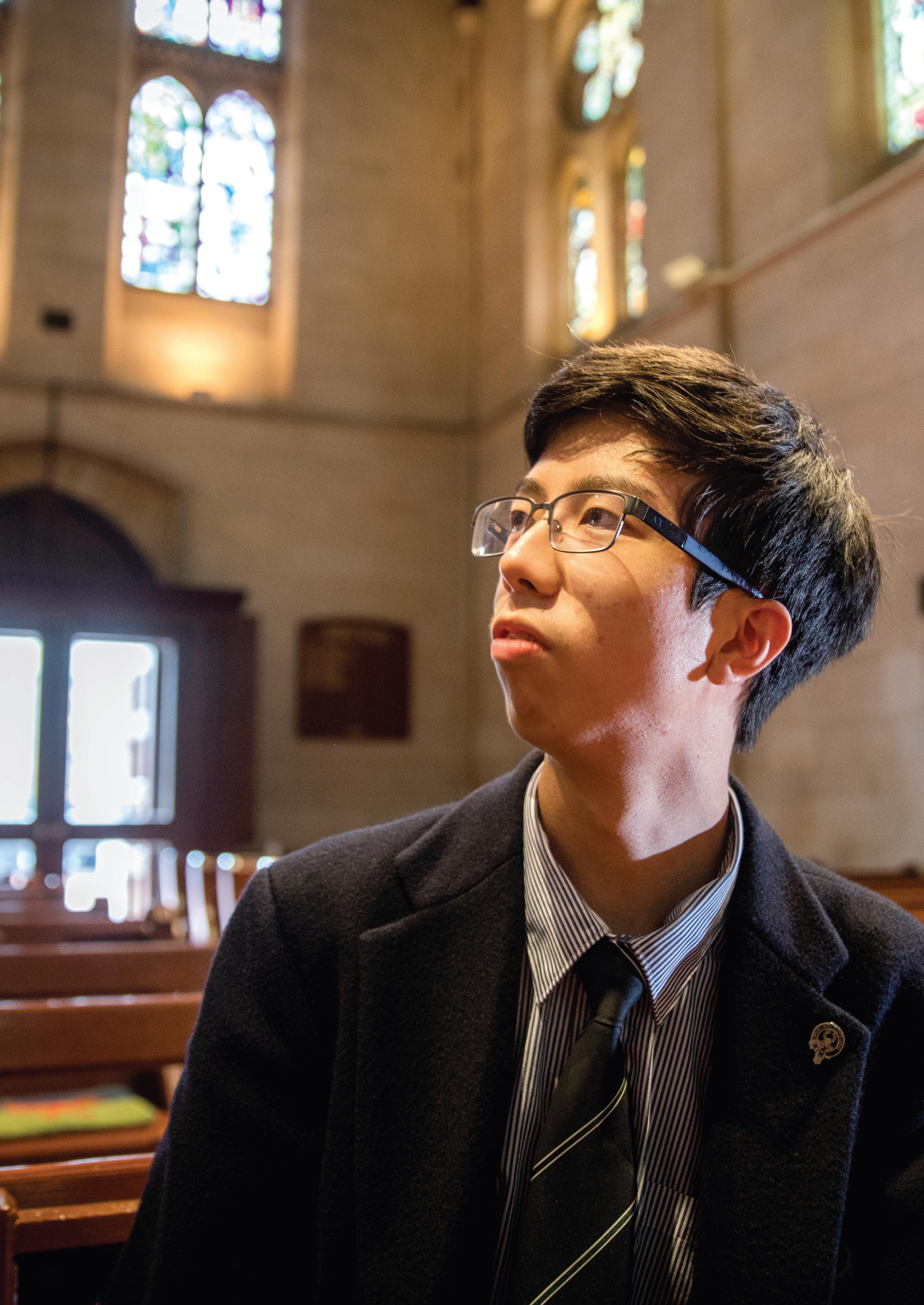
53 Grammar News No. 142 - December 2022
Thank you for giving me this amazing opportunity.
It really is a once in a lifetime experience. I appreciate your gift so I can have a Melbourne Grammar education.
I know it will change my future for the better.
Will Anderson, Year 9
Will is supported by the RWA Alcorn Scholarship.
Will is also supported by the Richard Hinds Scholarship. The late Richard Hinds (OM 1930) was passionate about contributing to the culture of the boarding house.
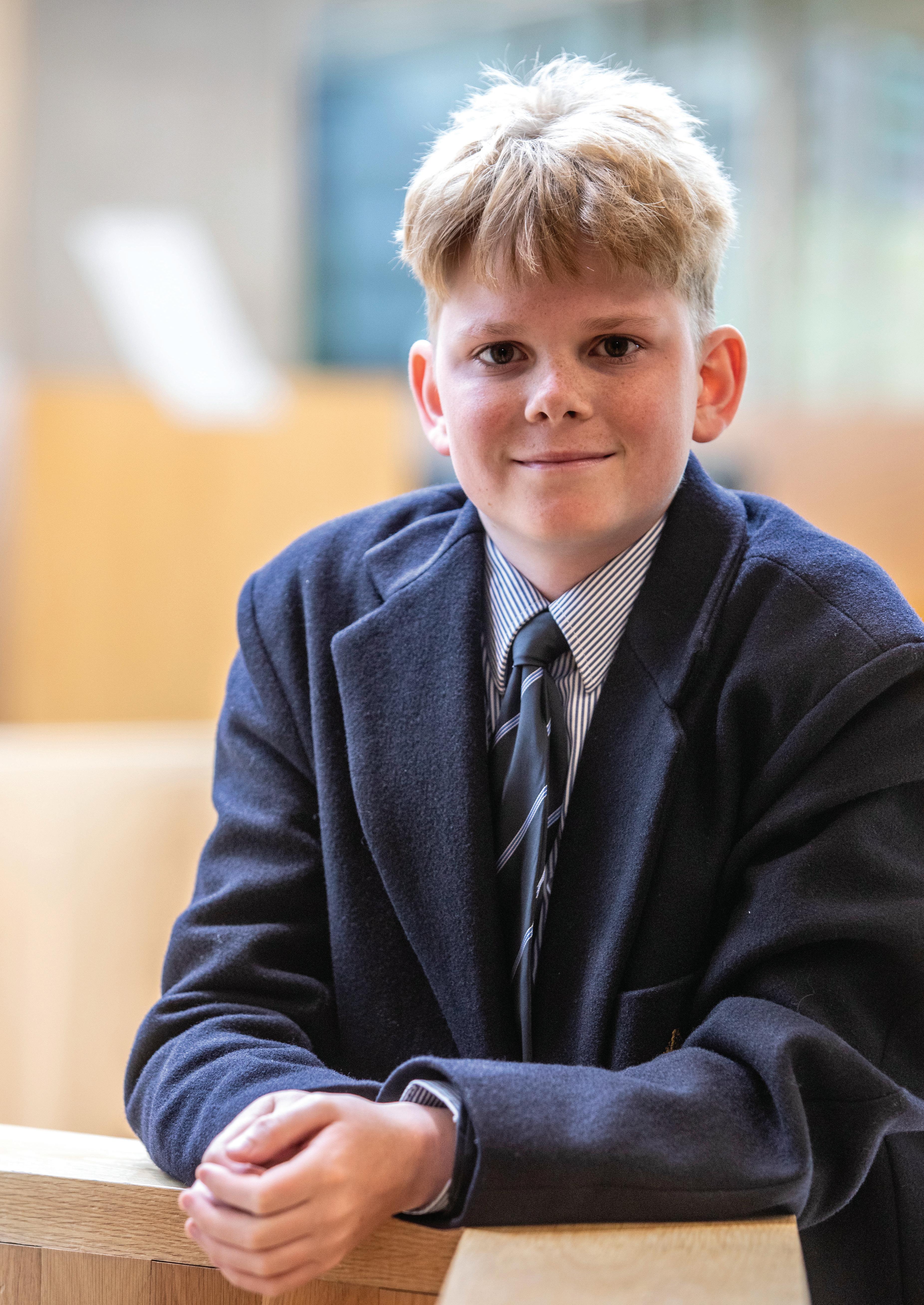
Melbourne Grammar School 54
Looking ahead
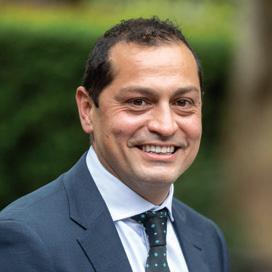
In my role as Director of Community Relations, I get to meet wonderful people who are fostering stronger connections with the School and with one another. Whether you are a mentor, attending an event, making a gift, volunteering your time, or contributing to our archives, you are helping to build a better future for the students of our School.
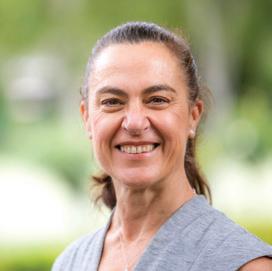

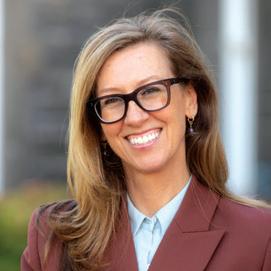
The Community Relations team is responsible for integrating the School’s mission – to develop and nurture young people to be intelligent, independent, creative thinkers with a sense of purpose, spirituality, and respect – into positive and strategic communications and relationships. We are privileged and humbled to support such an incredibly generous community in all that you do to advance Melbourne Grammar School. Thank you for engaging with us.
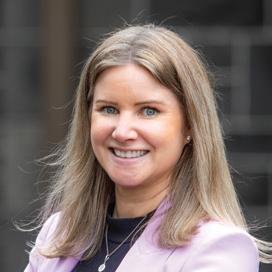
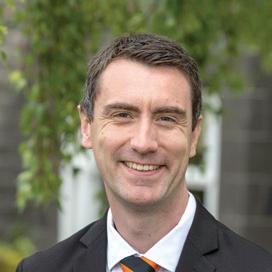
55
To explore some of the ways you can get more involved, please contact:
Director
Relations
Carl Junot Head of Development + 61
cljunot@mgs.vic.edu.au Chris Weaver (OM
Senior Philanthropy Manager +61 3 9865 7633 cdweaver@mgs.vic.edu.au Roni Baird Manager, Bequests and Donations +61
vgbaird@mgs.vic.edu.au Kirsty Hooper Head of Alumni and Community Relations +61
kahooper@mgs.vic.edu.au Luisa Moscato School Archivist +61
lamoscato@mgs.vic.edu.au Grammar News No. 142 - December 2022
Kate Barnett
of Community
+ 61 3 9865 7680 kmbarnett@mgs.vic.edu.au
3 9865 7683
2000)
3 9865 7632
3 9865 7681
3 9865 7658
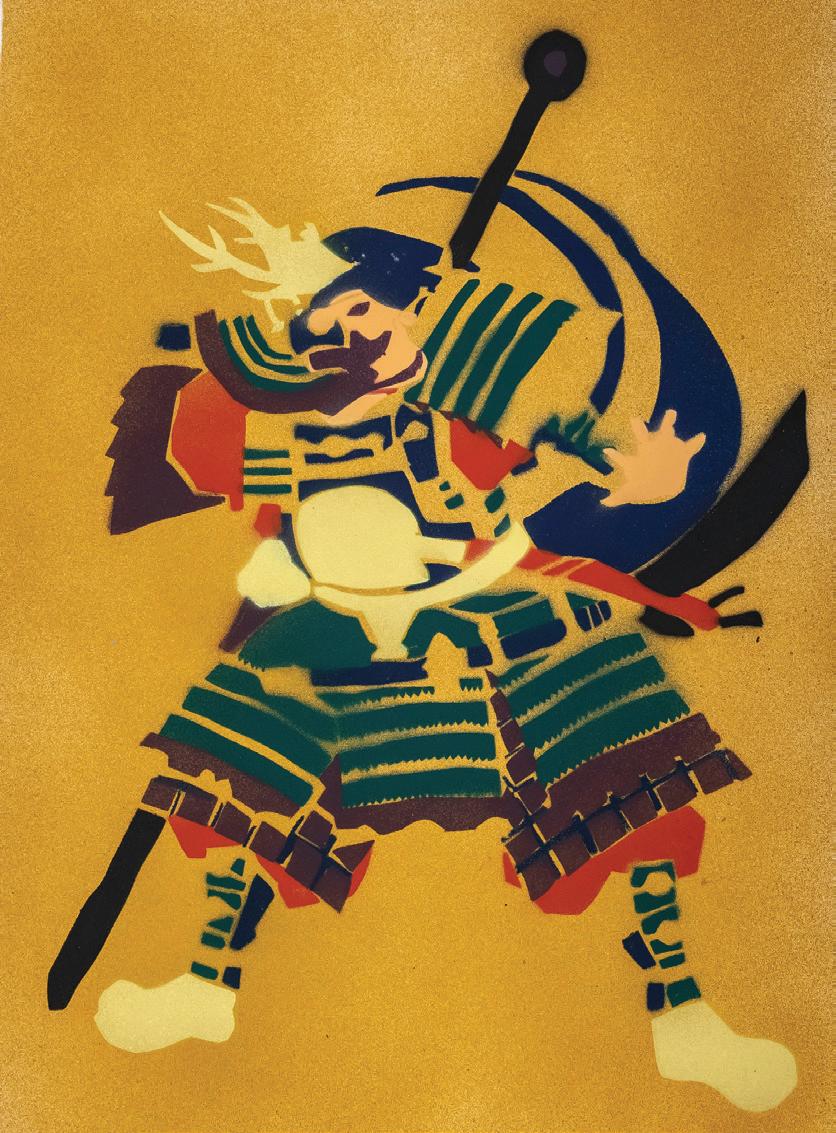
Melbourne Grammar School 355 St Kilda Road, Melbourne Victoria 3004 Australia +61 3 9865 7555 | mgs@mgs.vic.edu.au CRICOS No 00977J ABN 61 004 453 829
FEATURED ARTWORK
Ukiyo-e Samurai Warrior Remix by Toby Bonnici (Year 8) Acrylic spray paint stencil on paper.




























































































